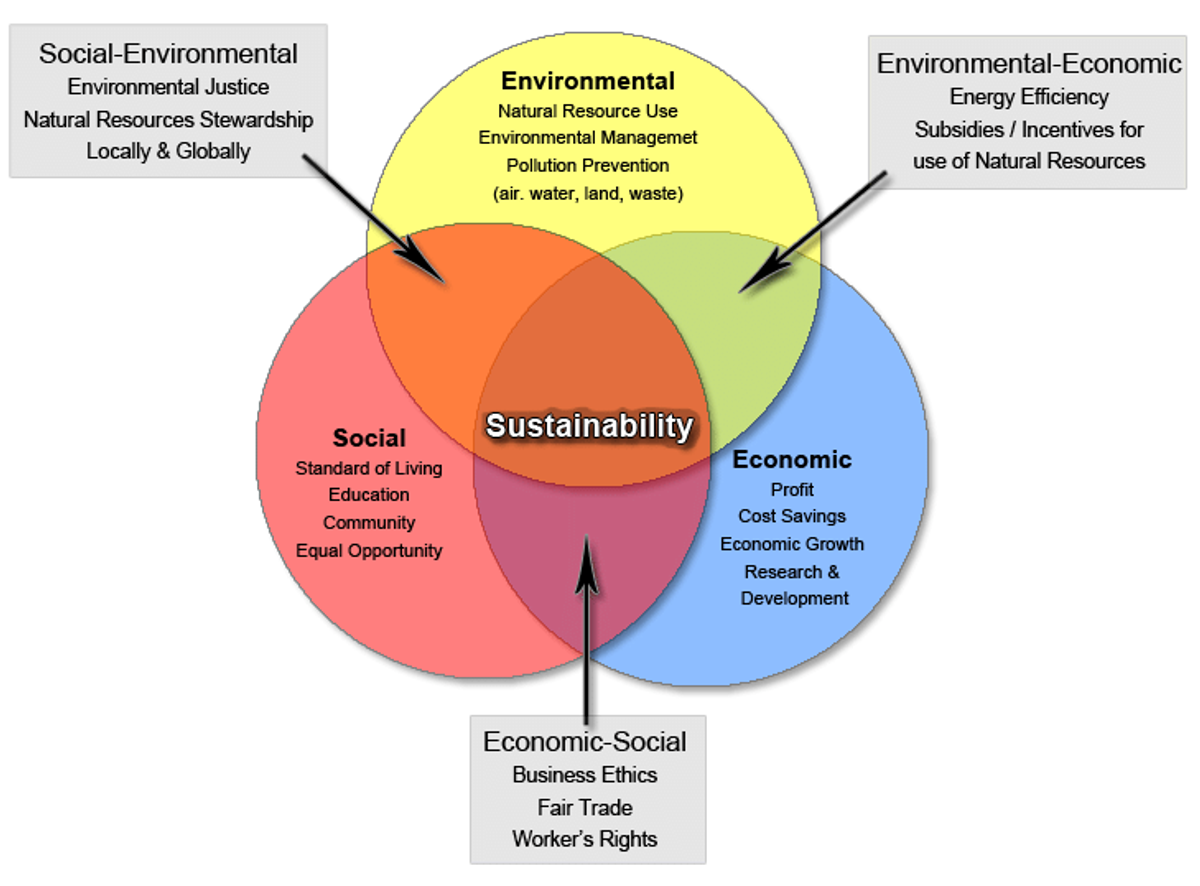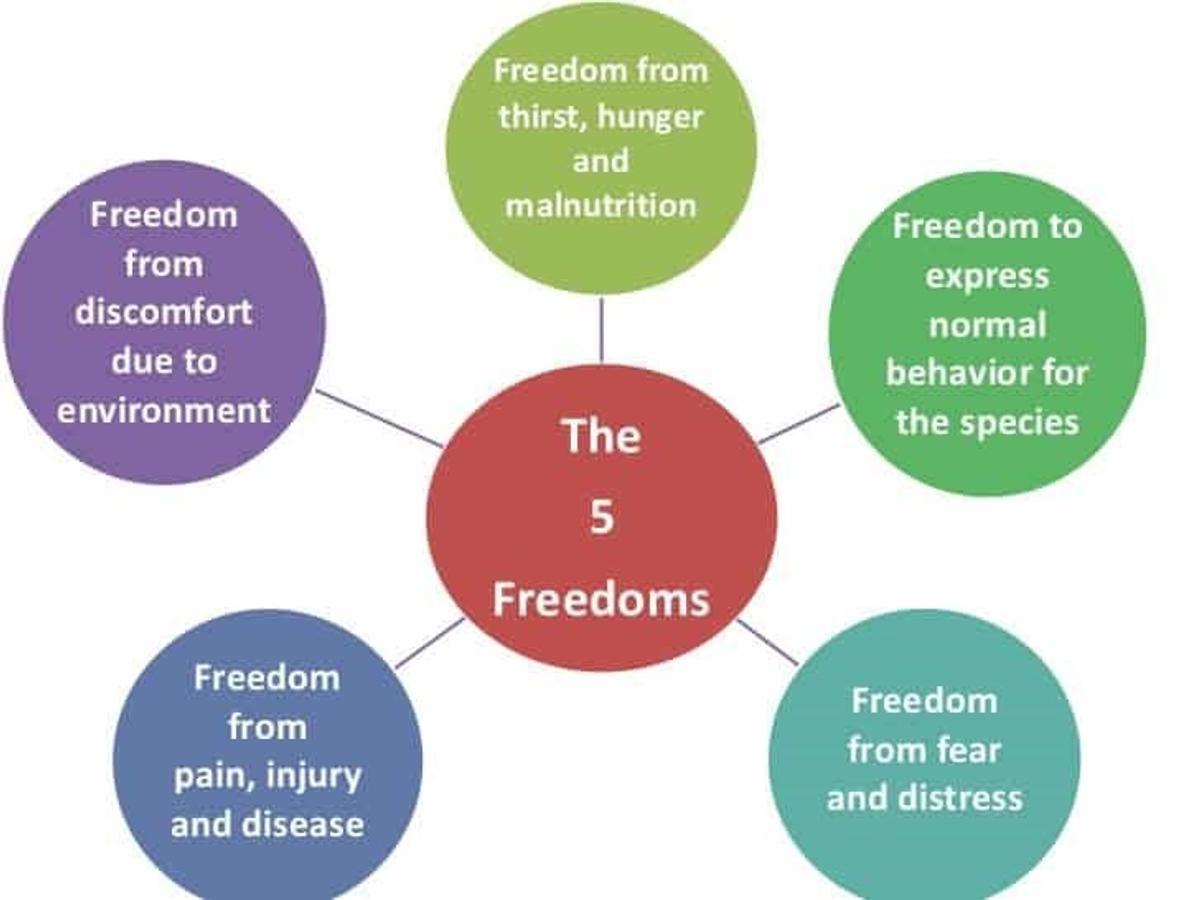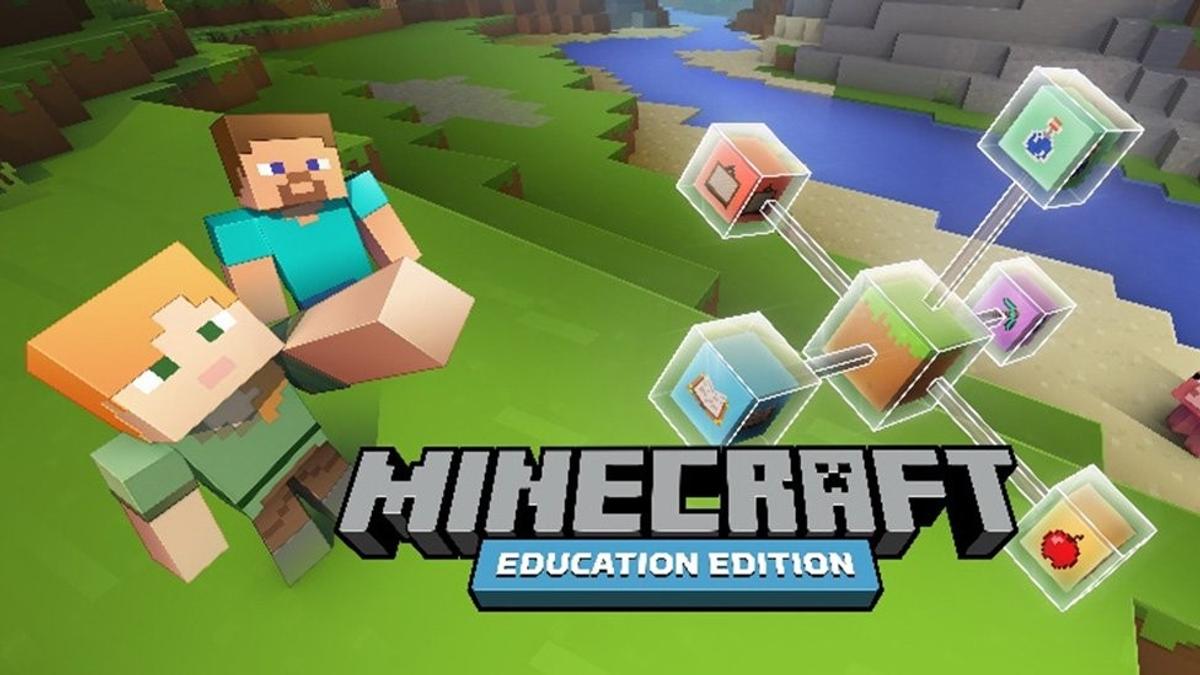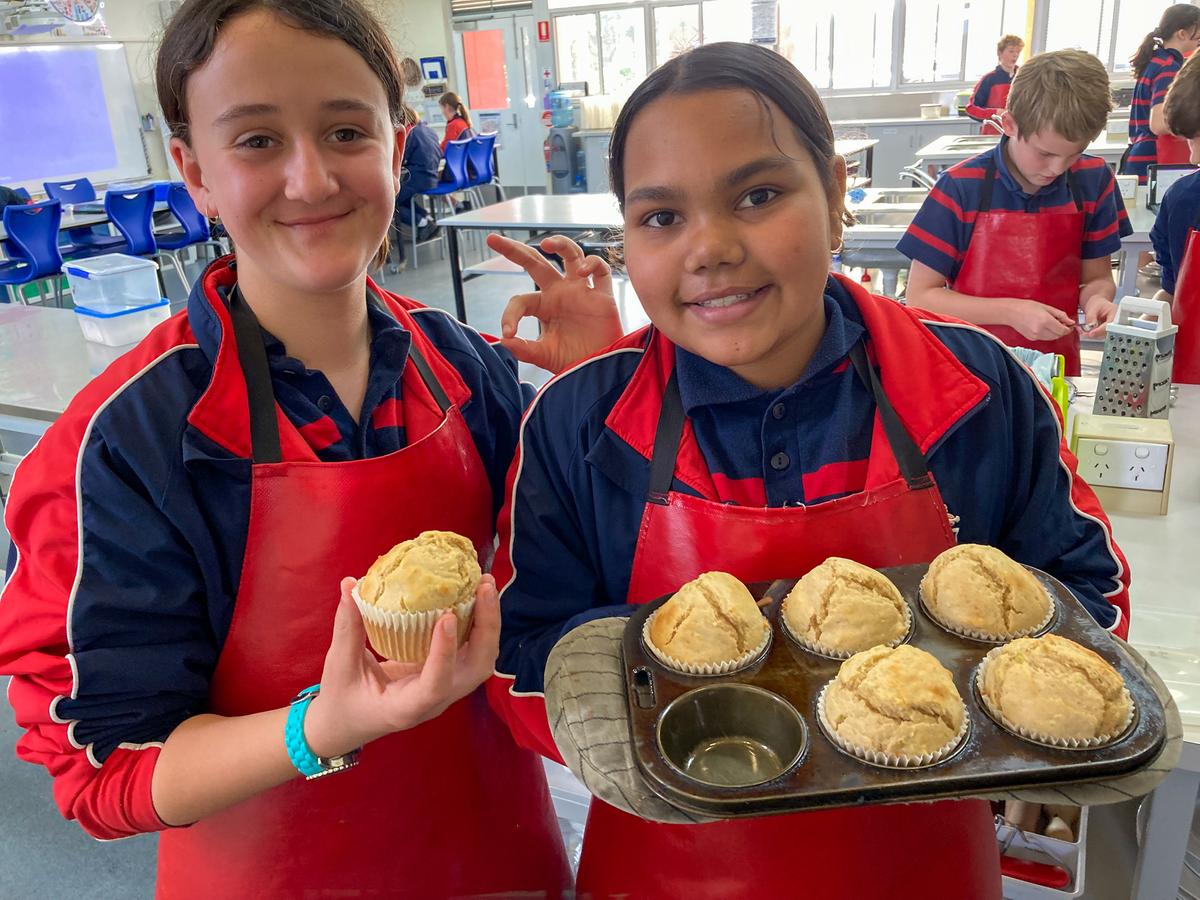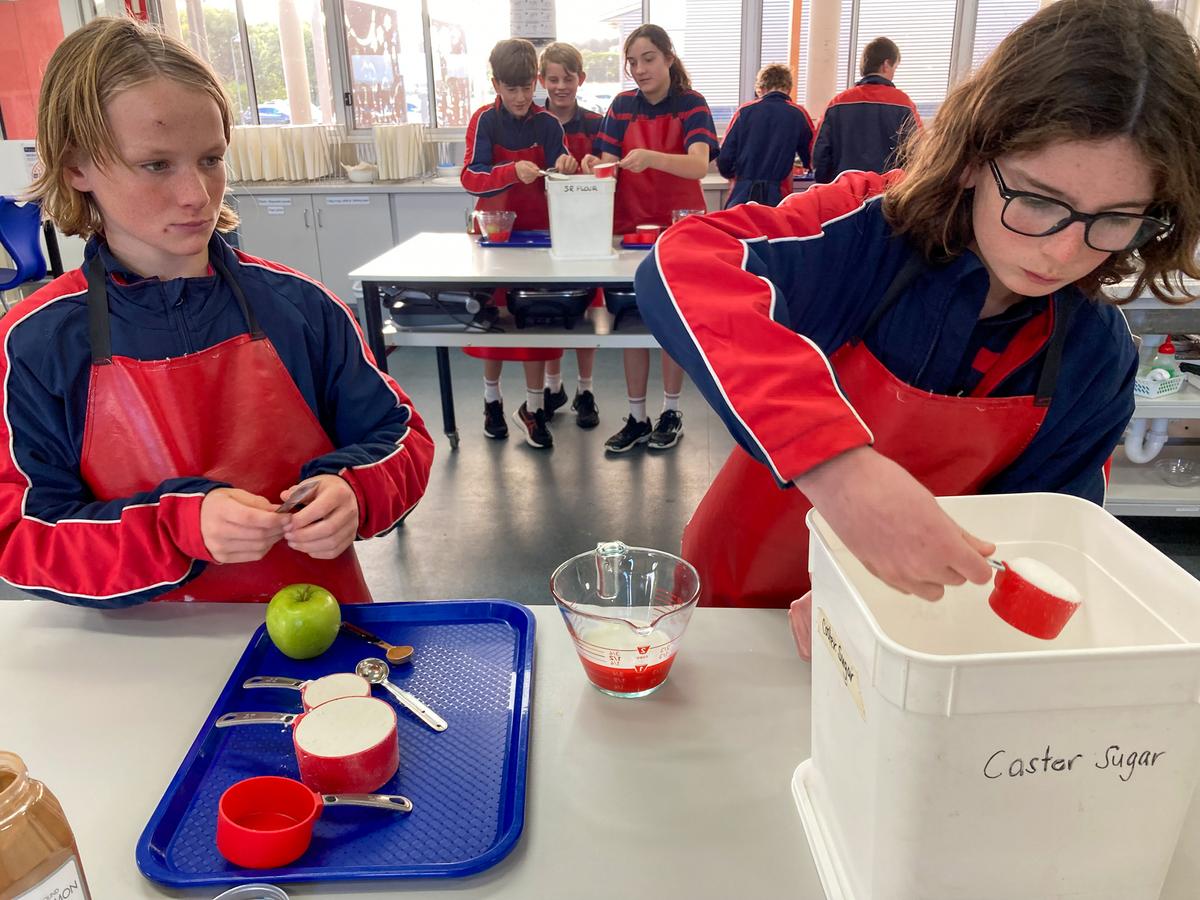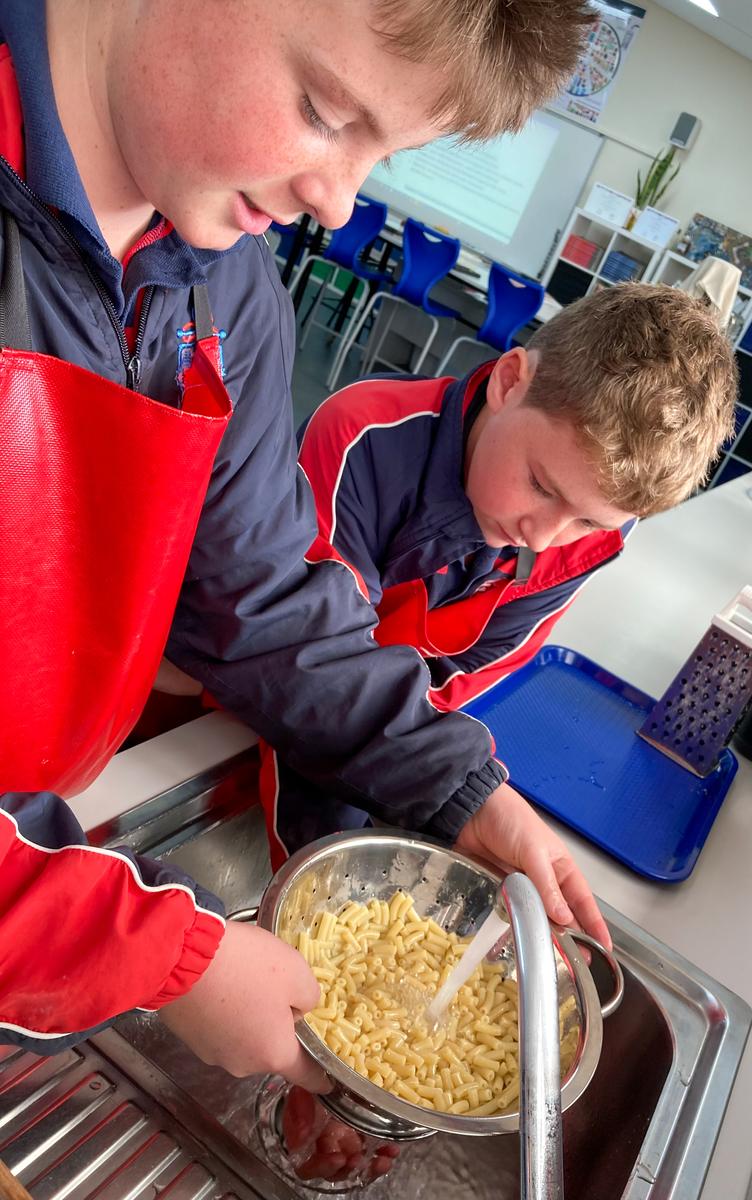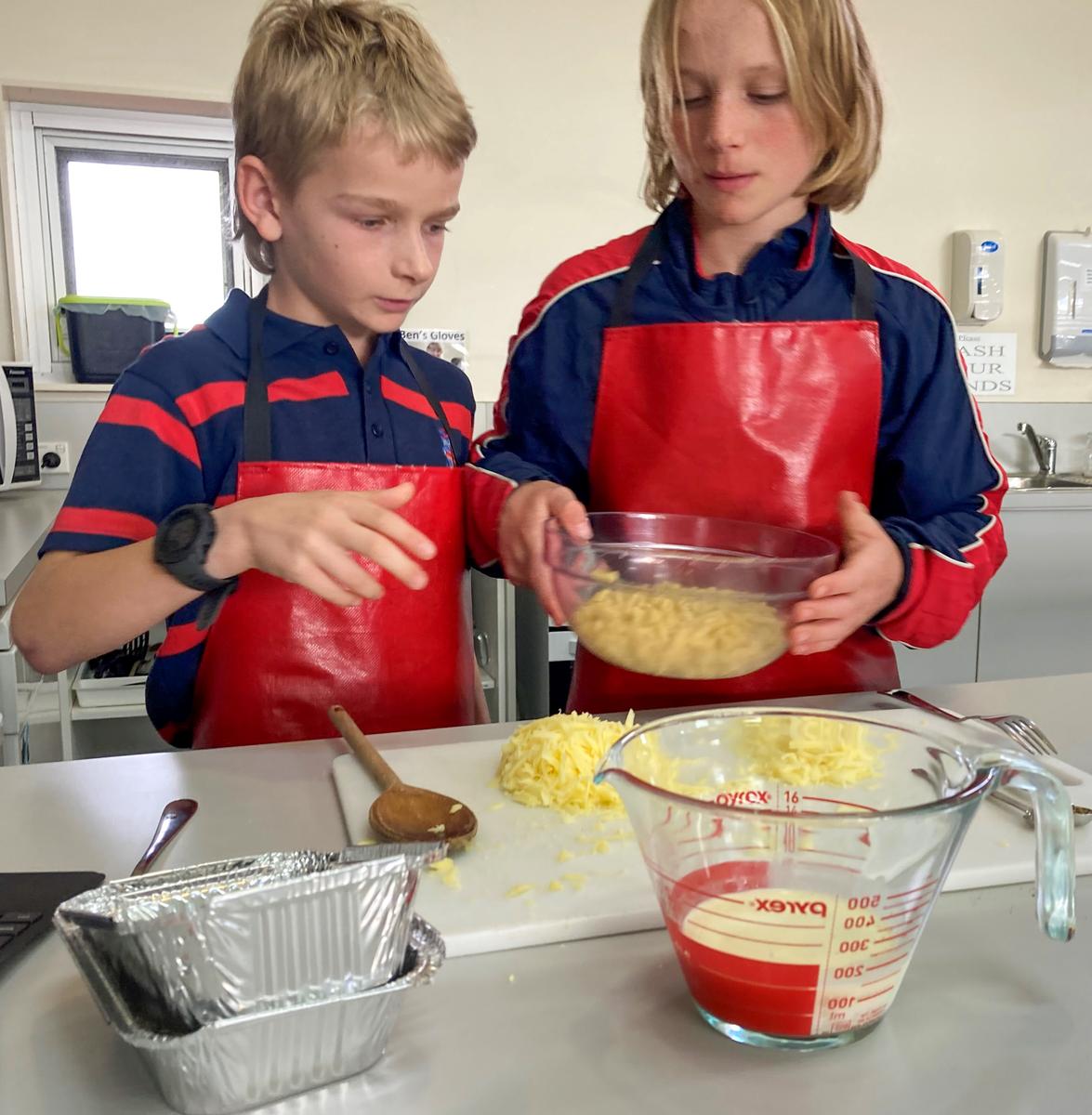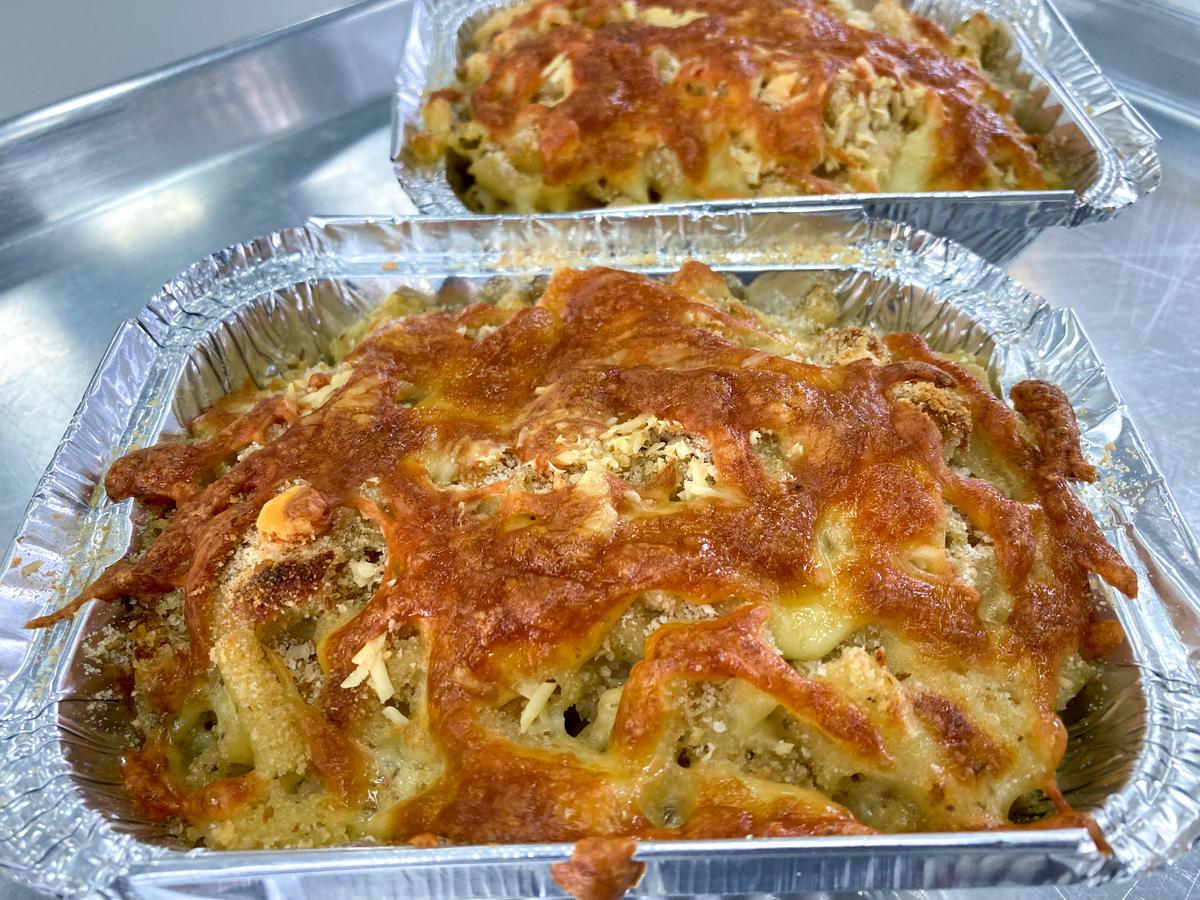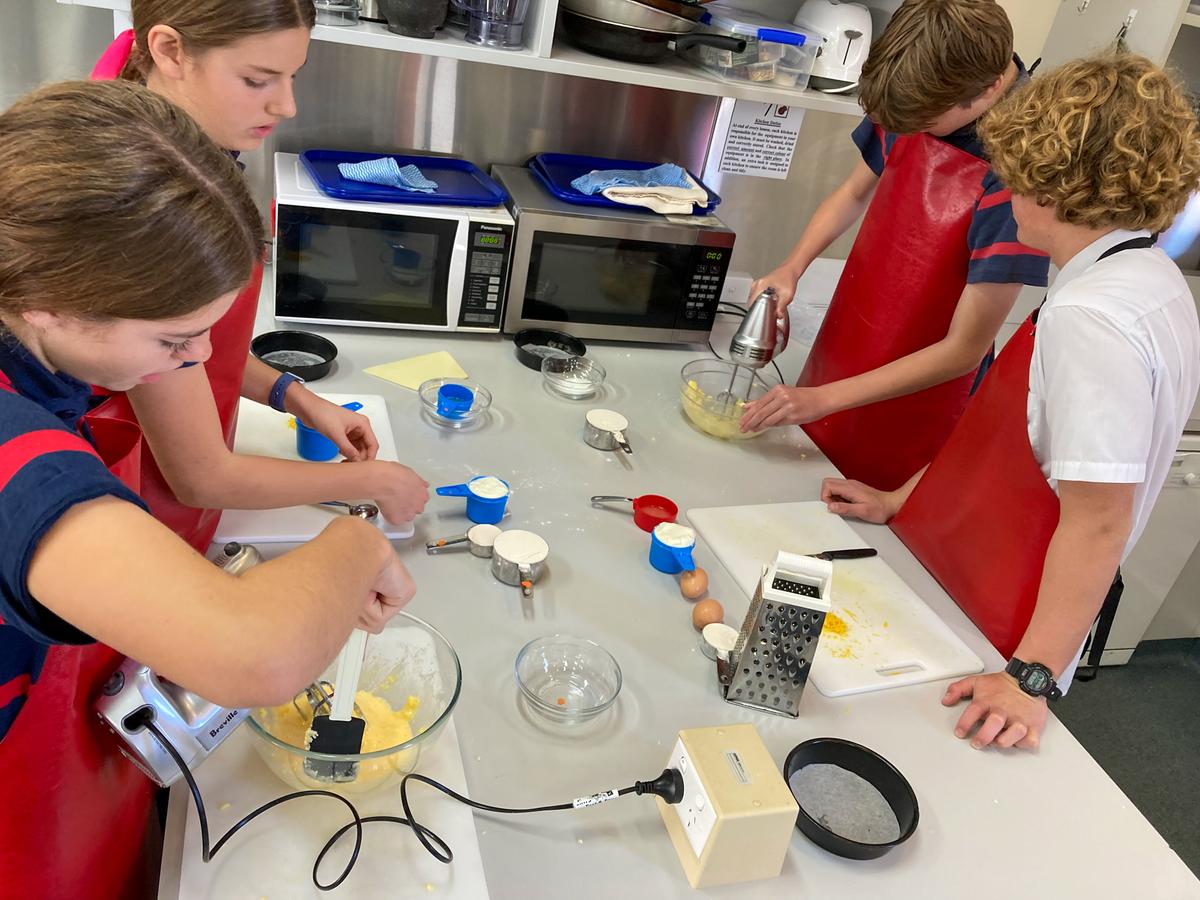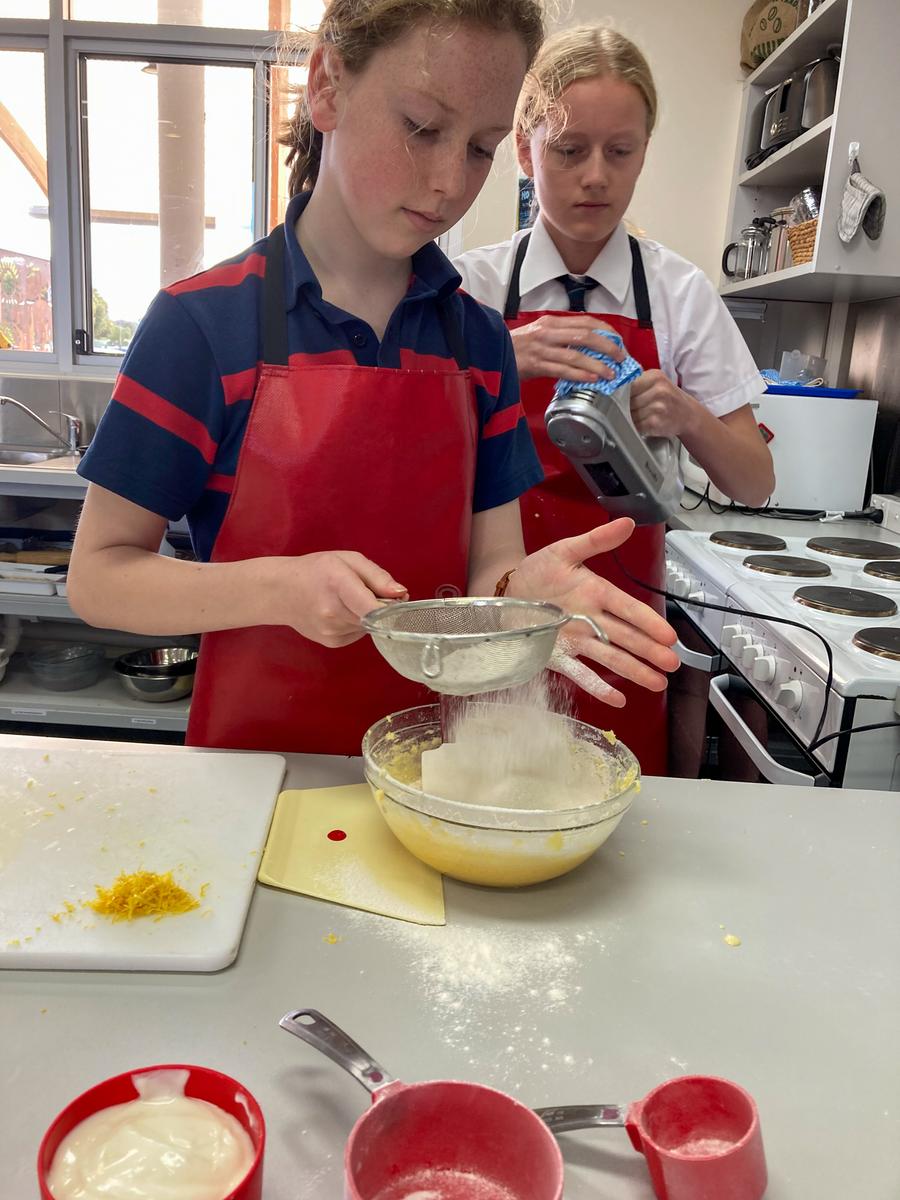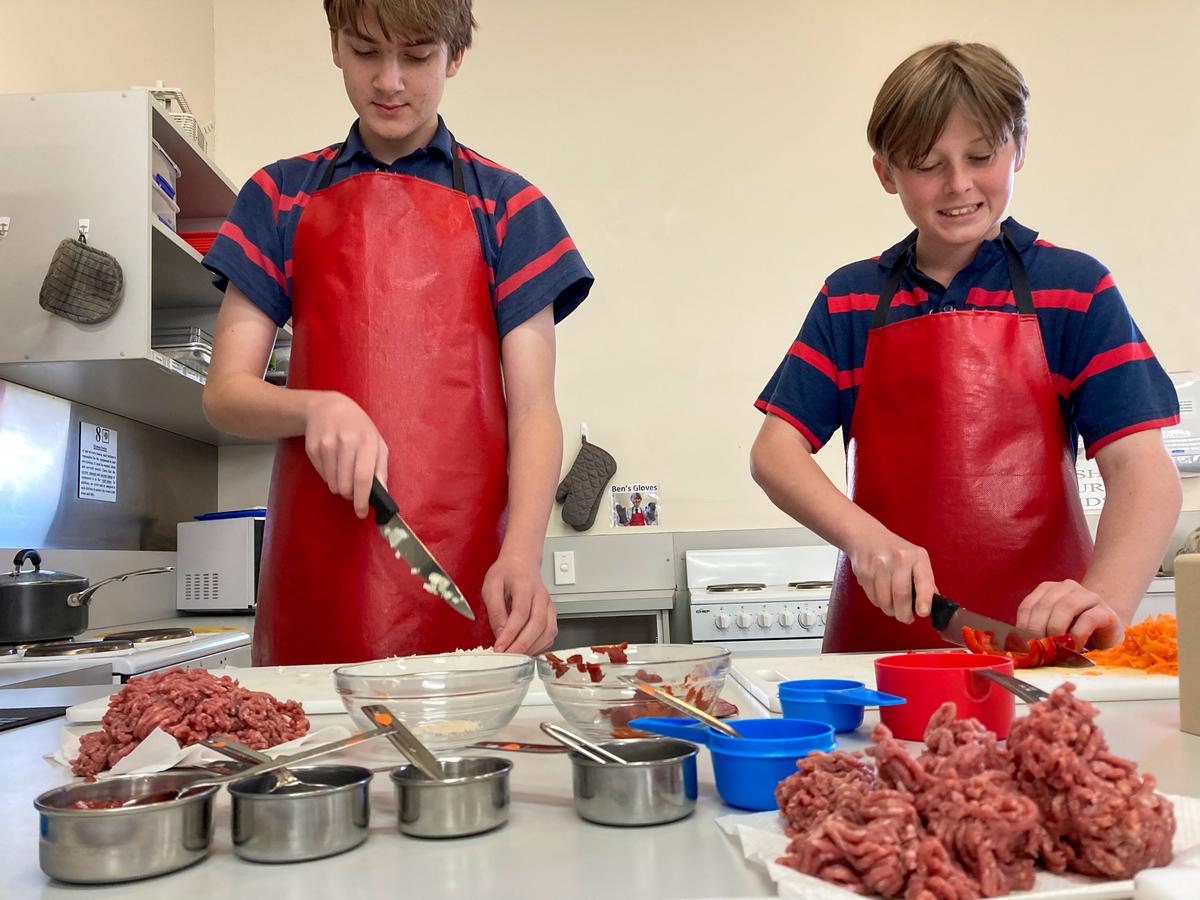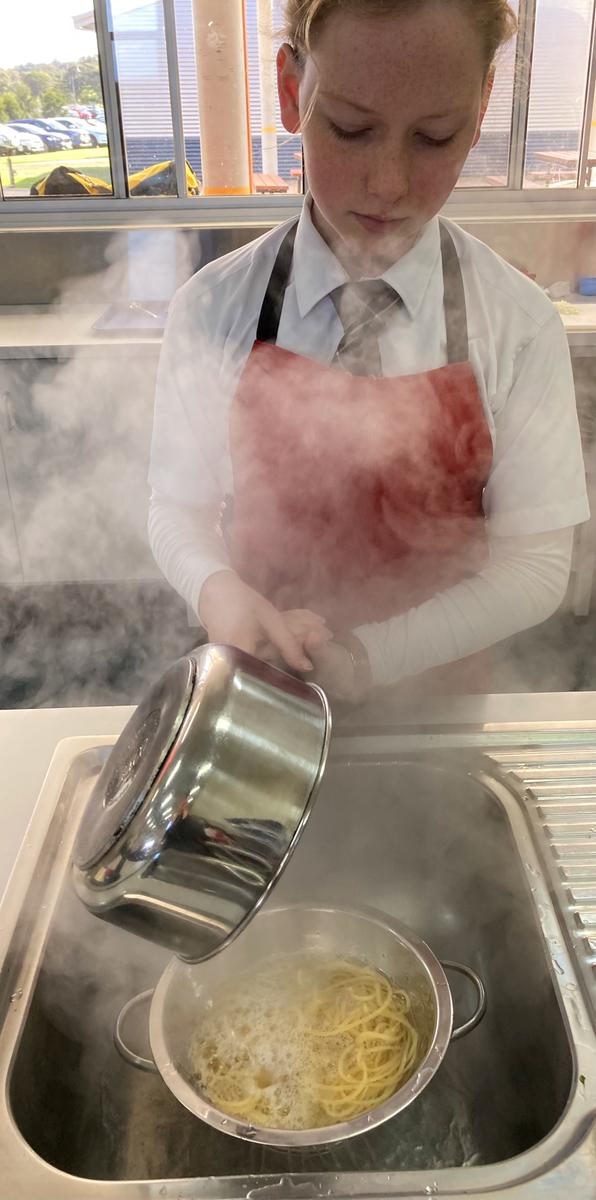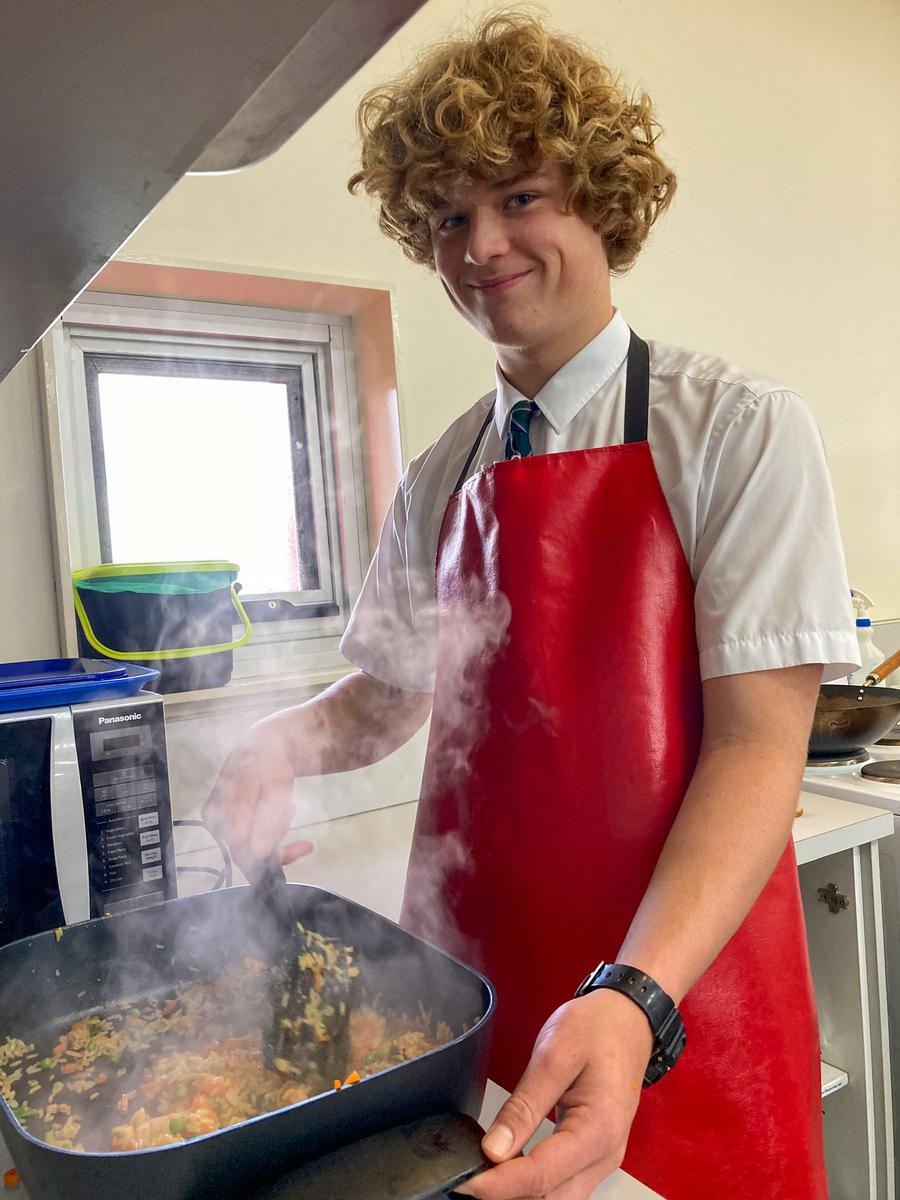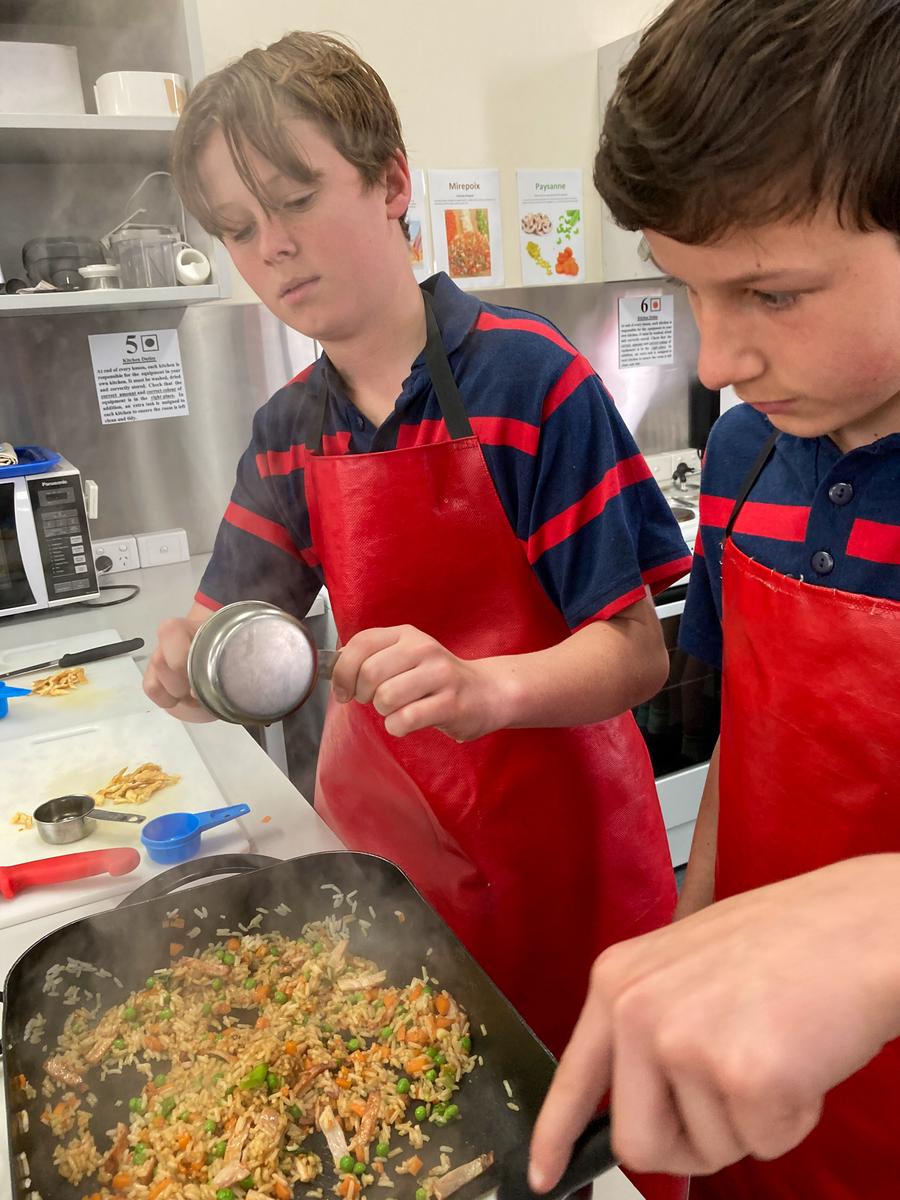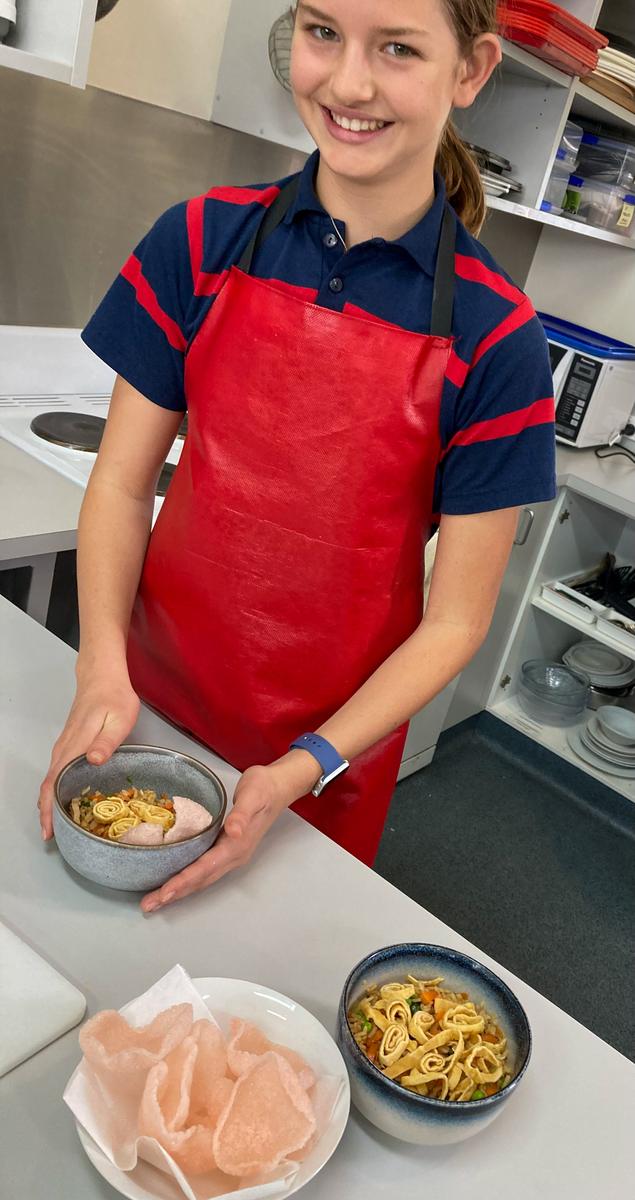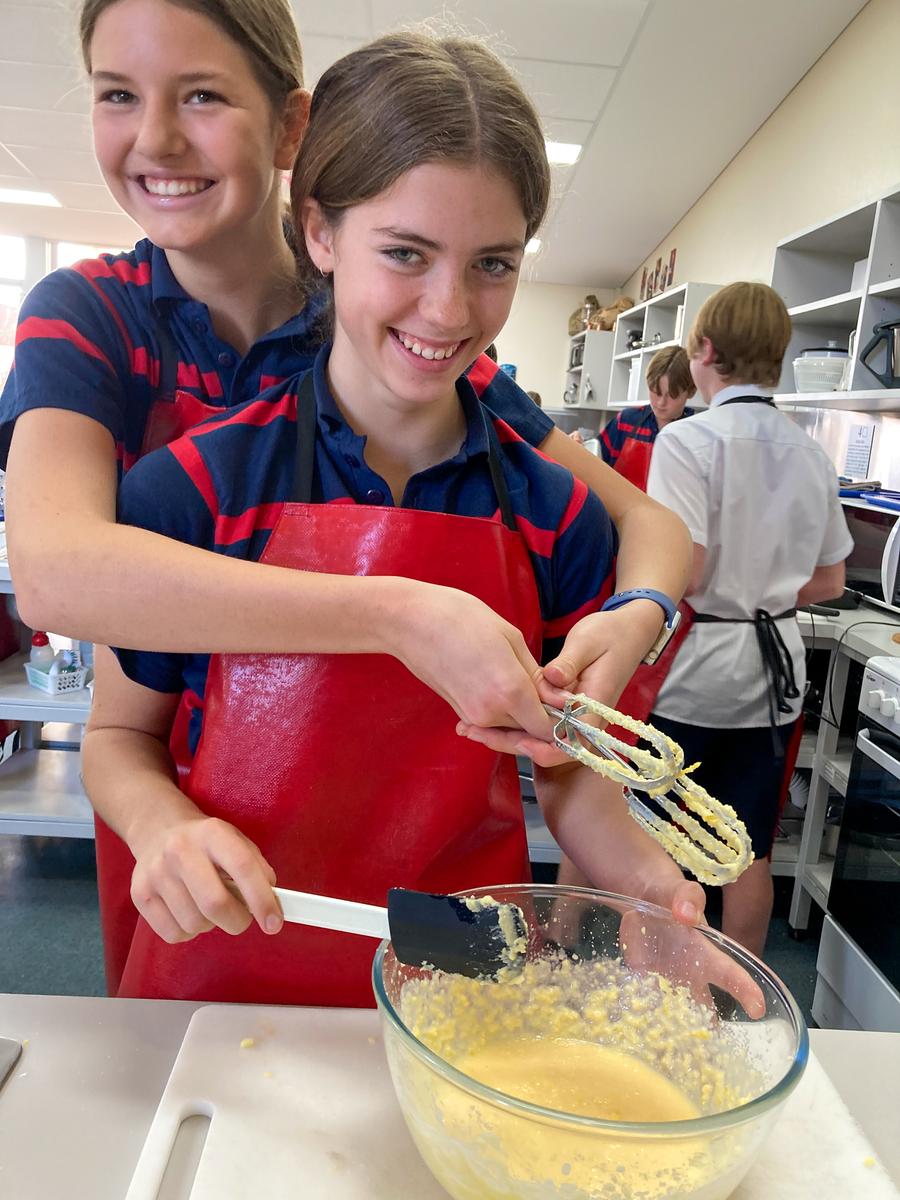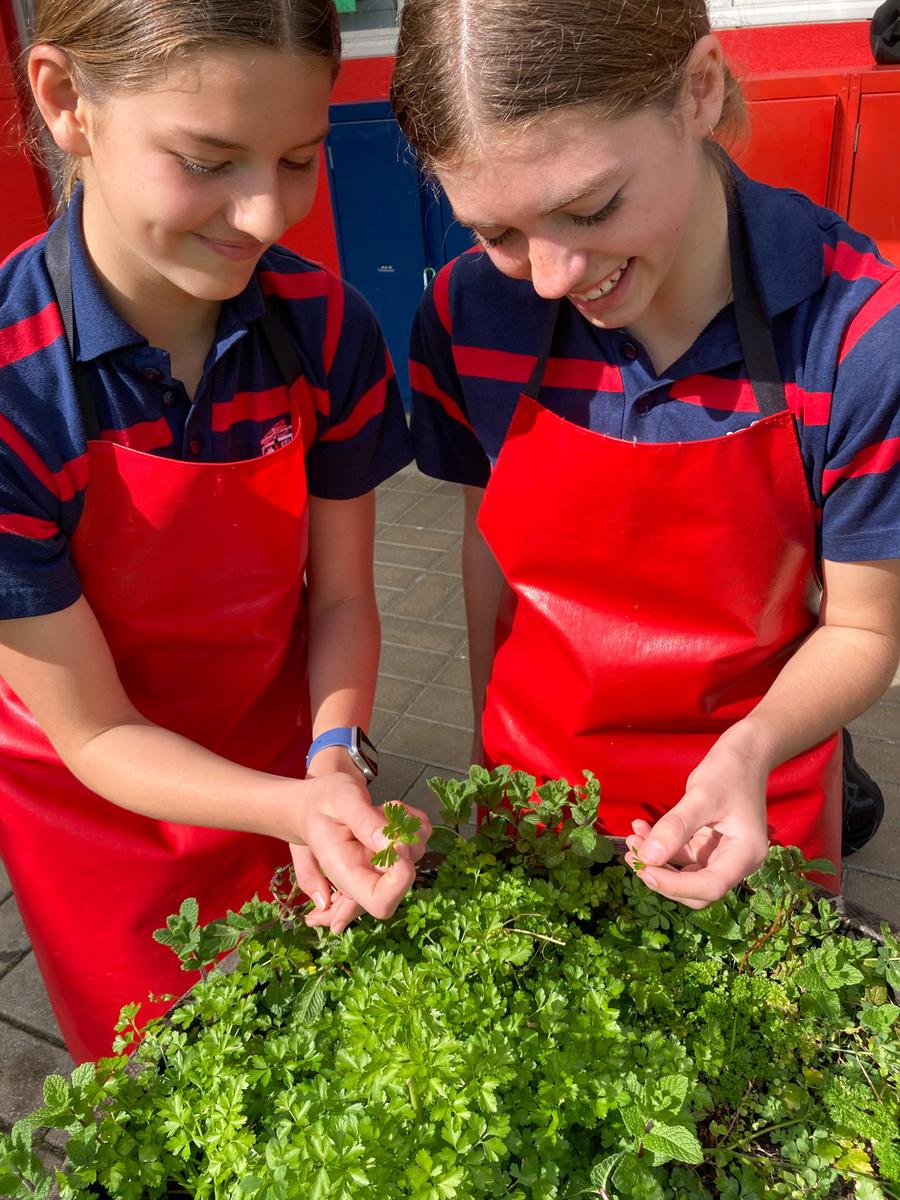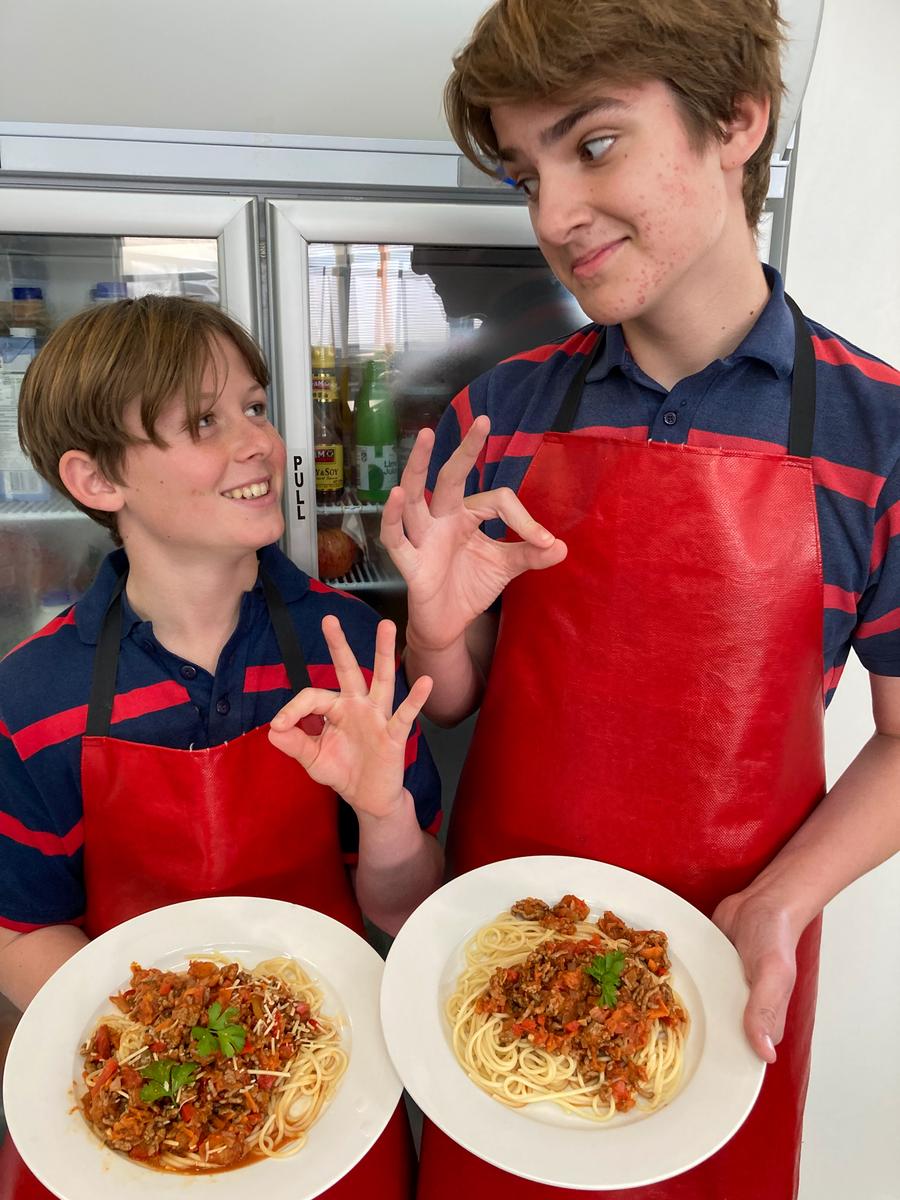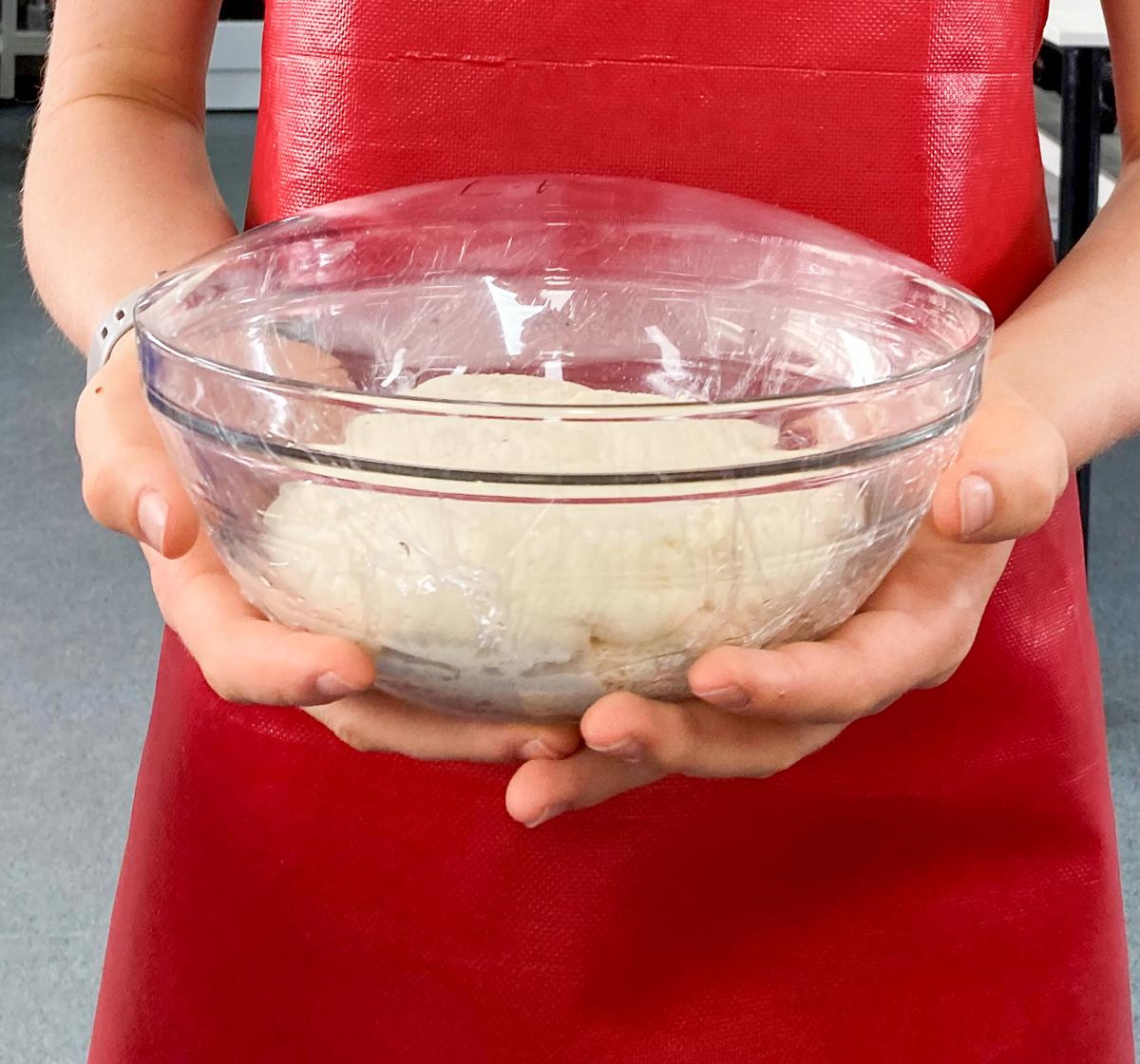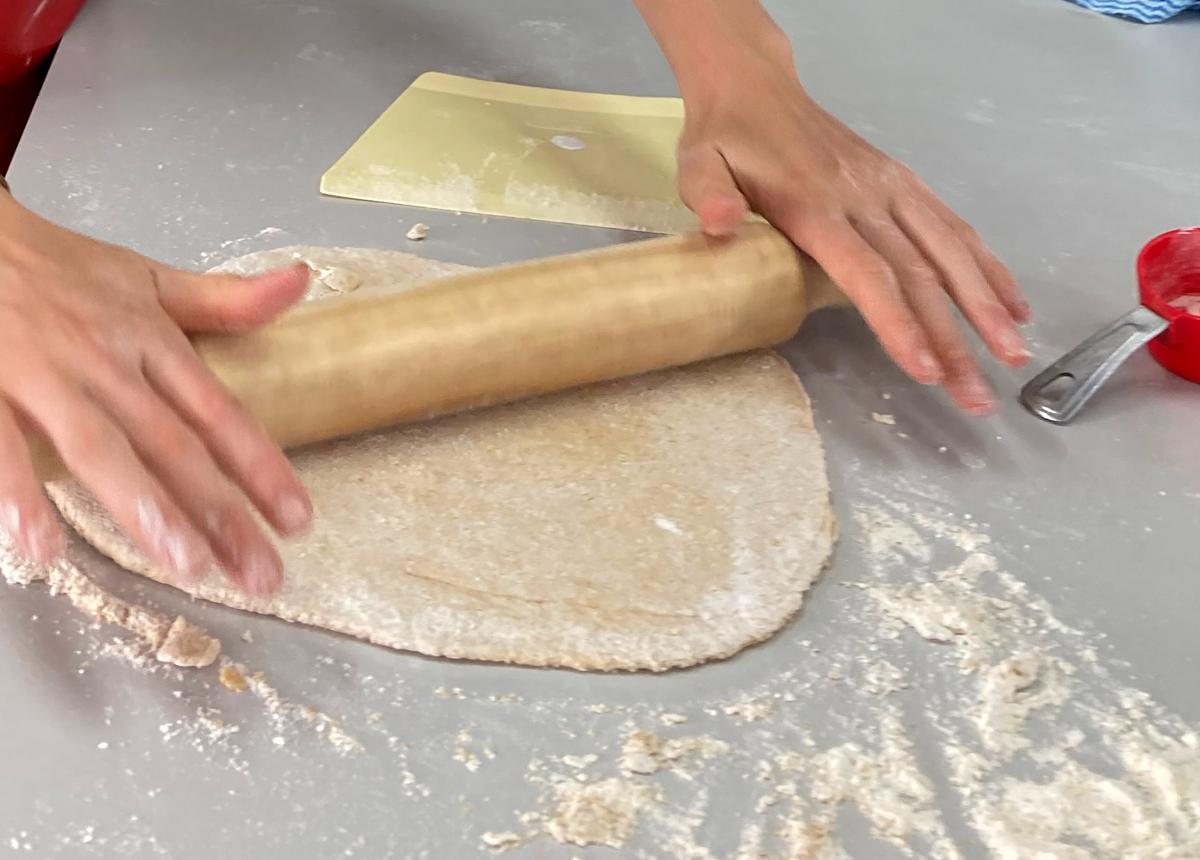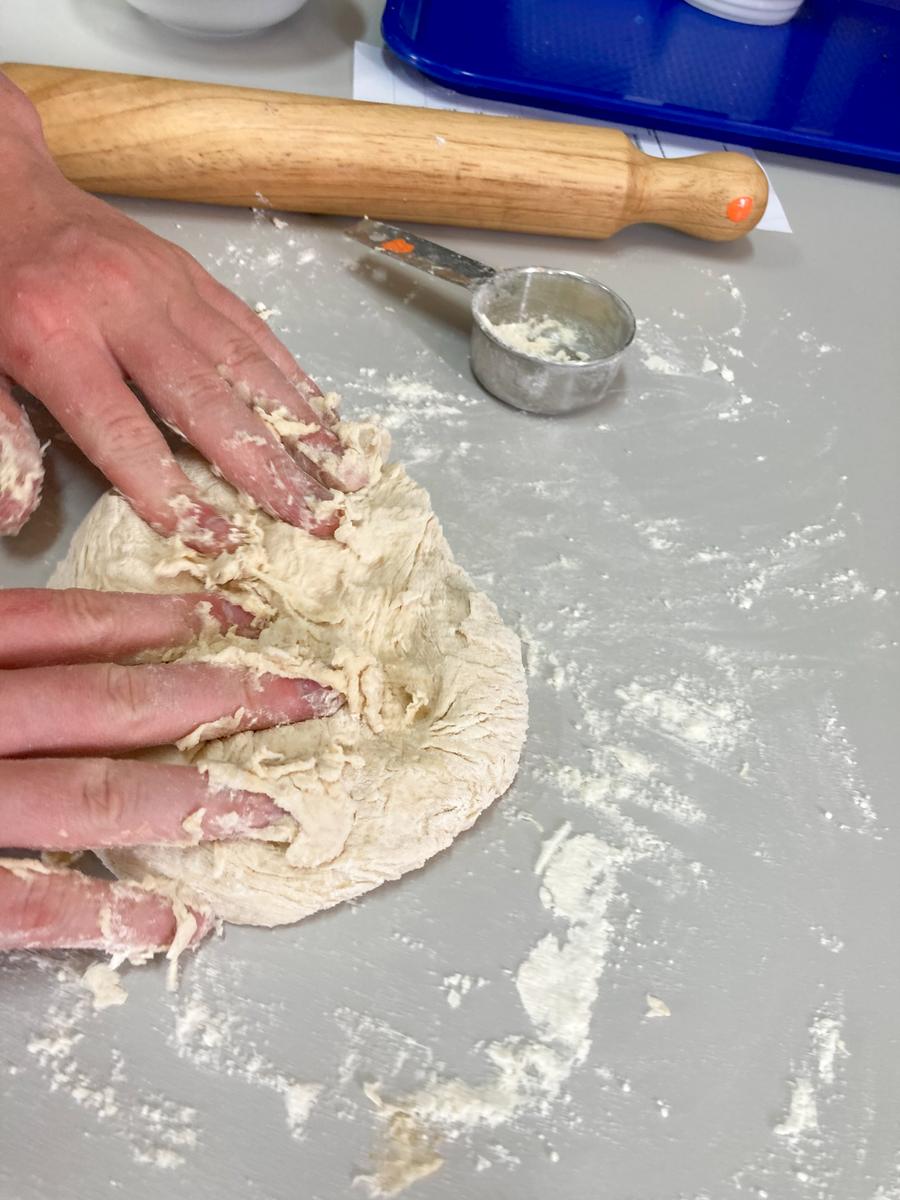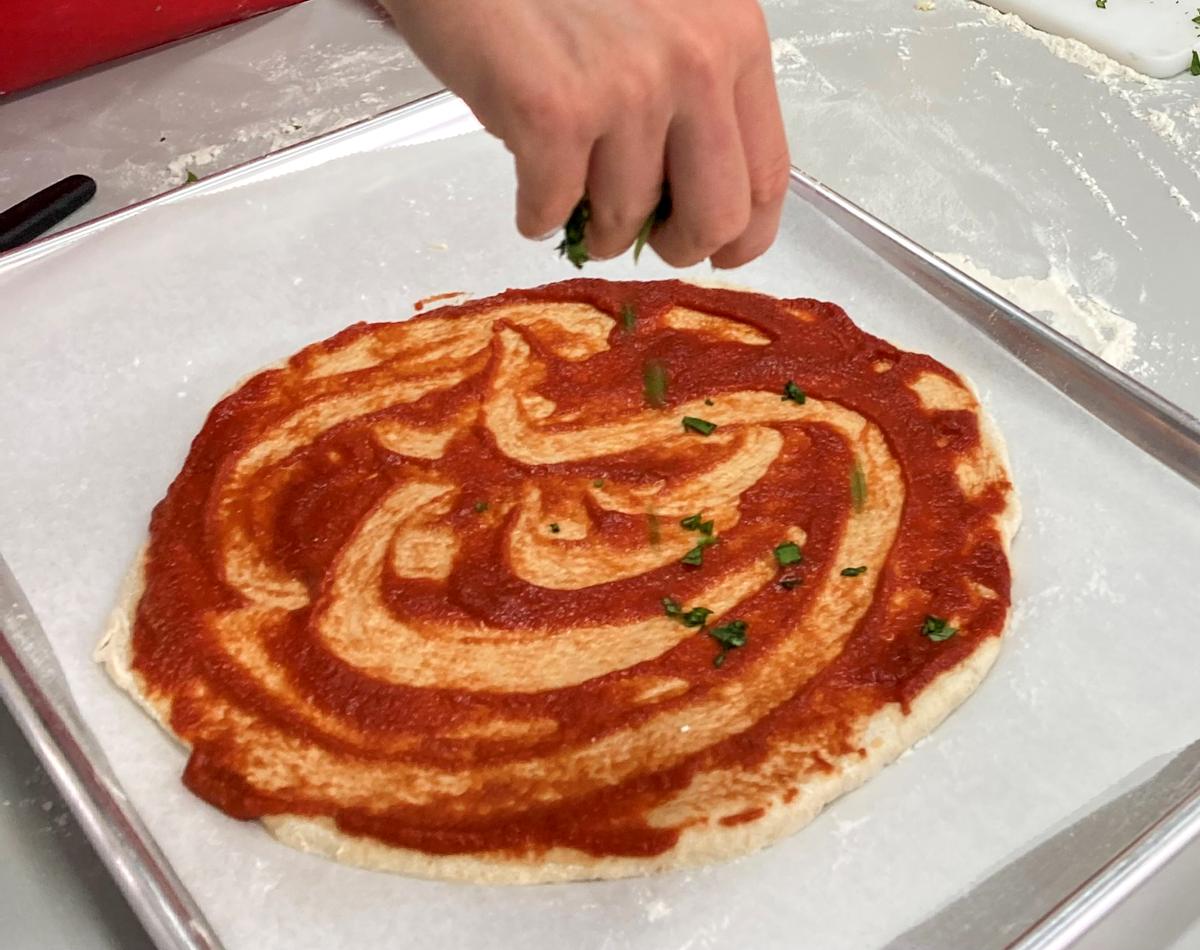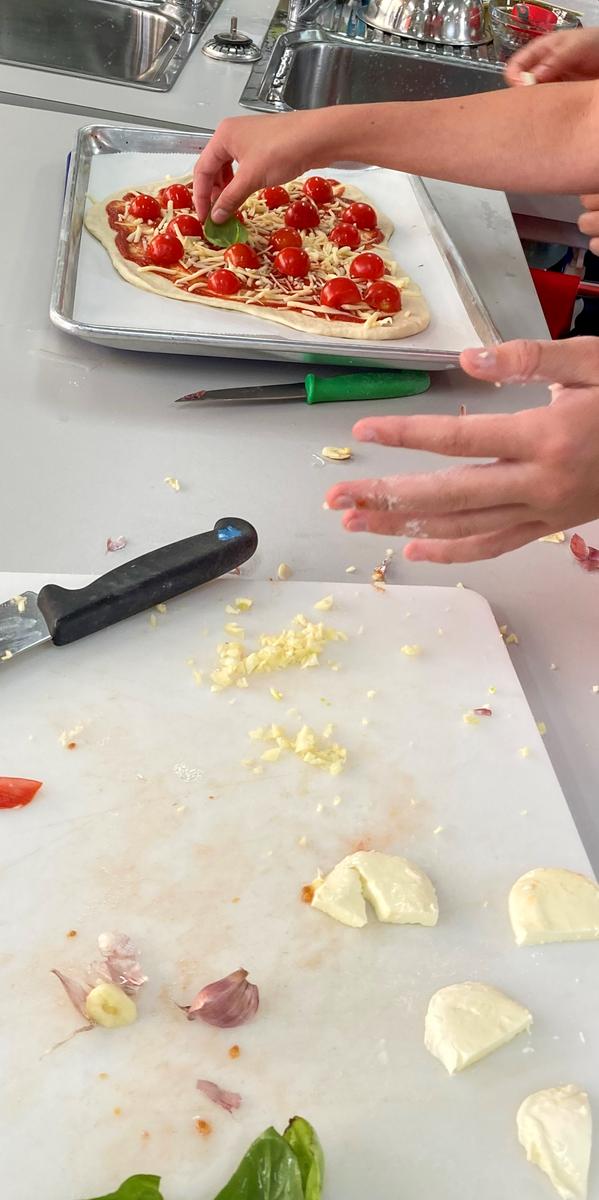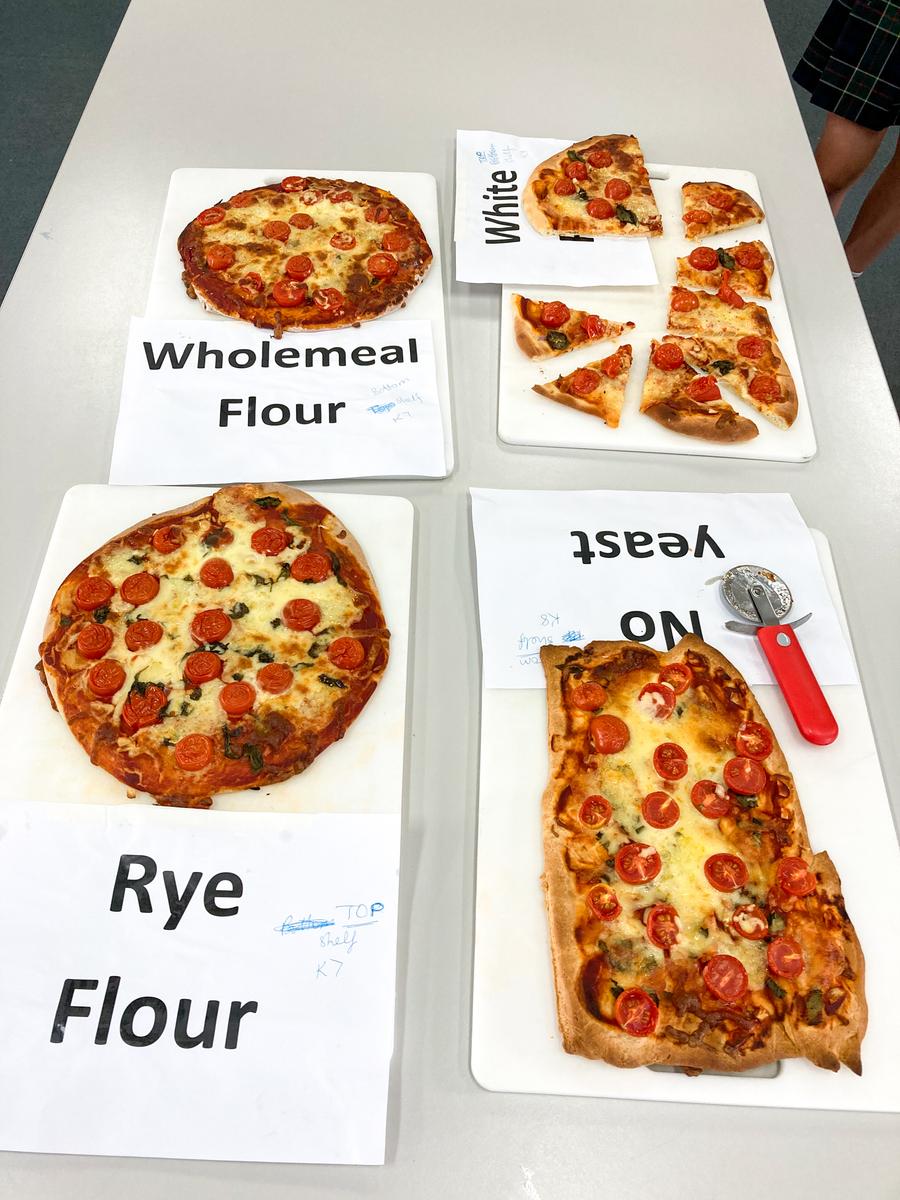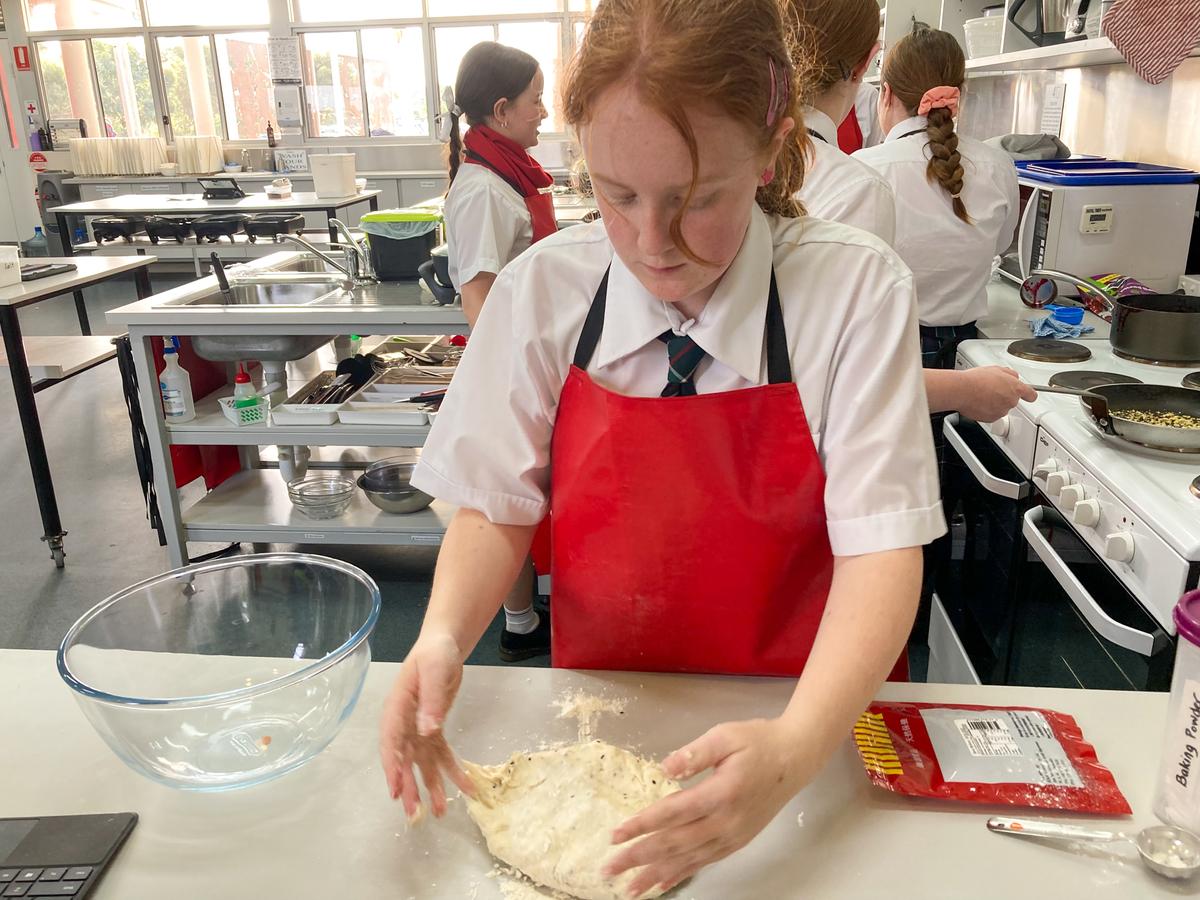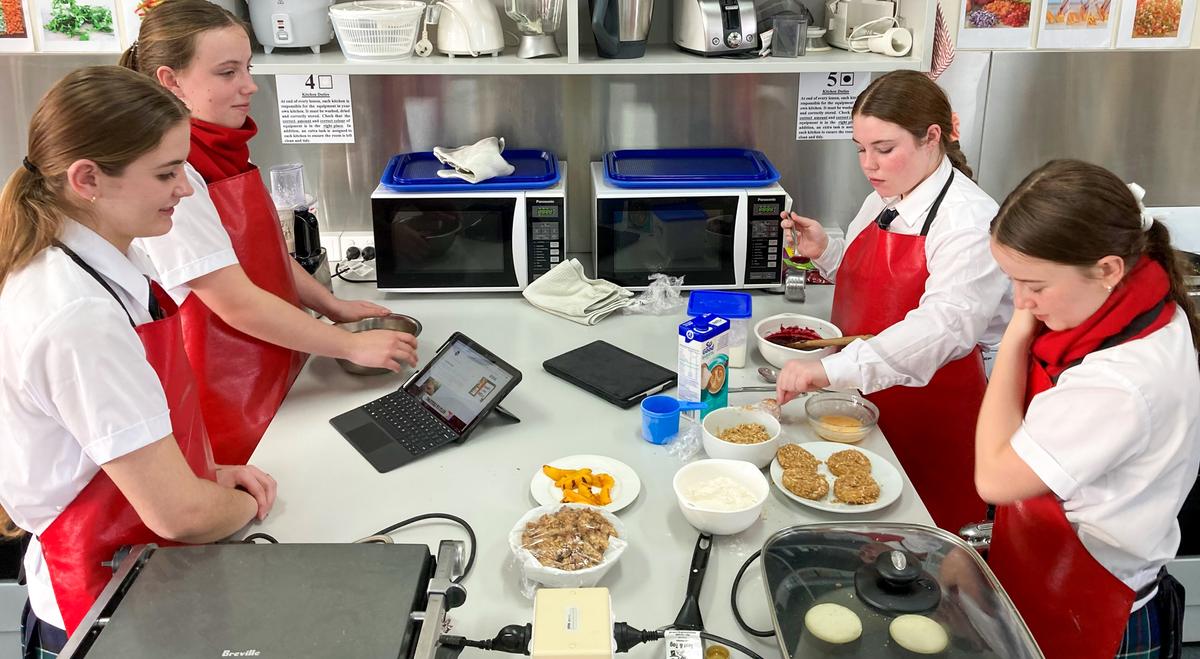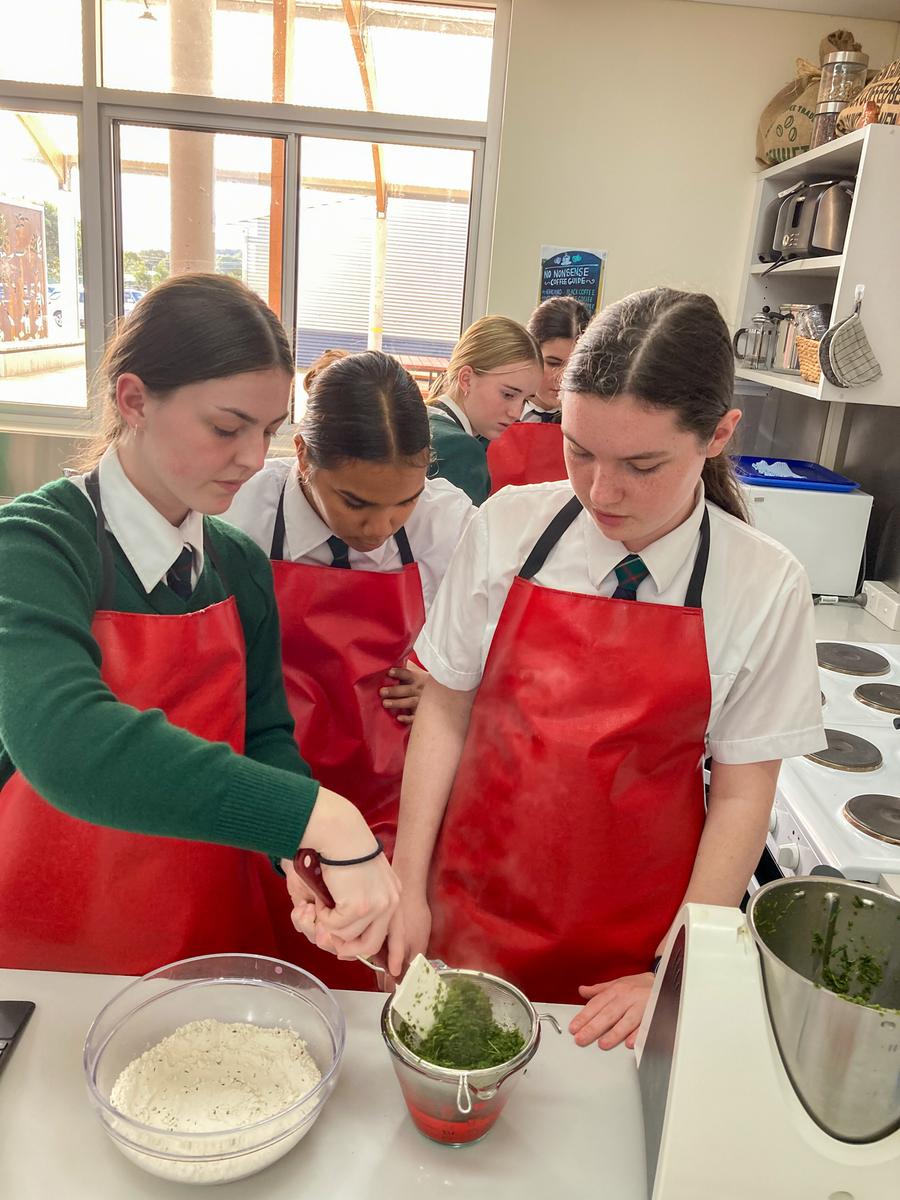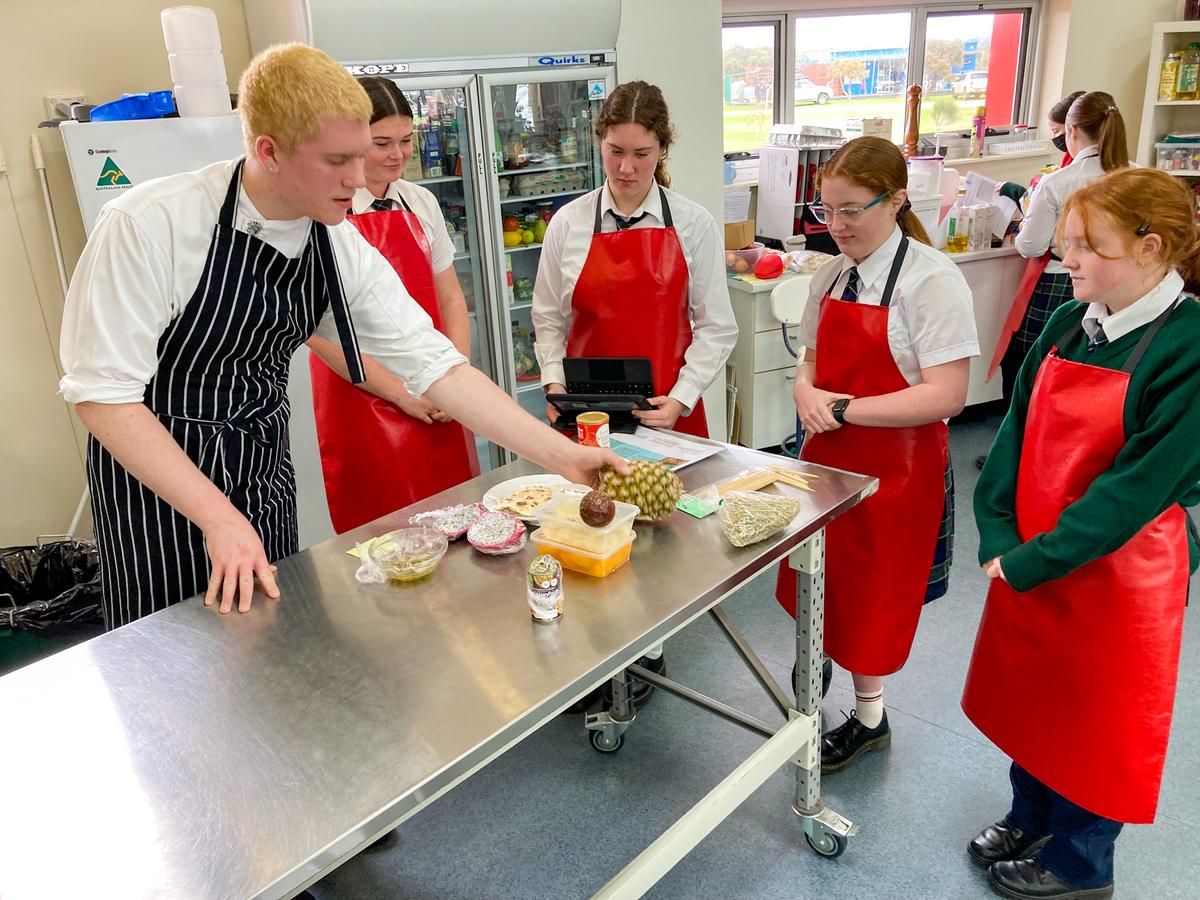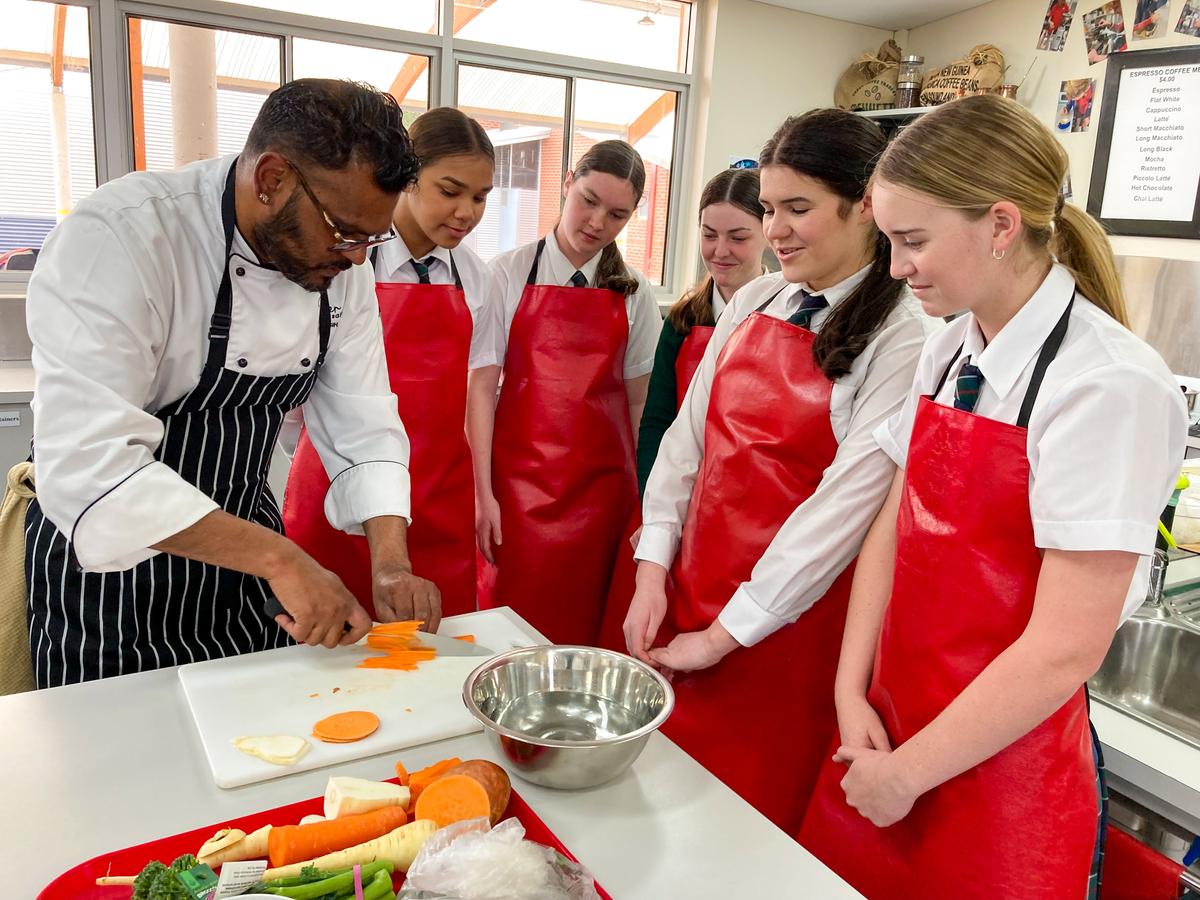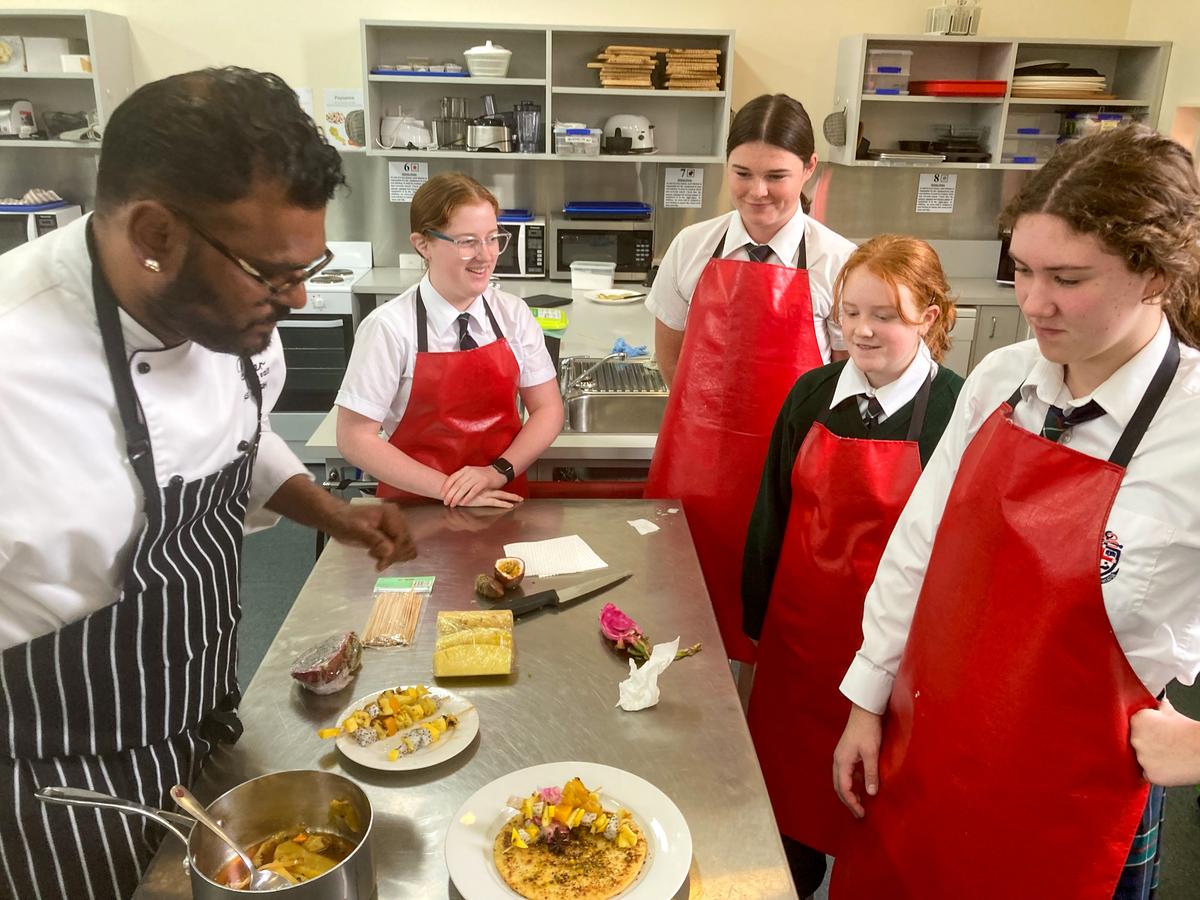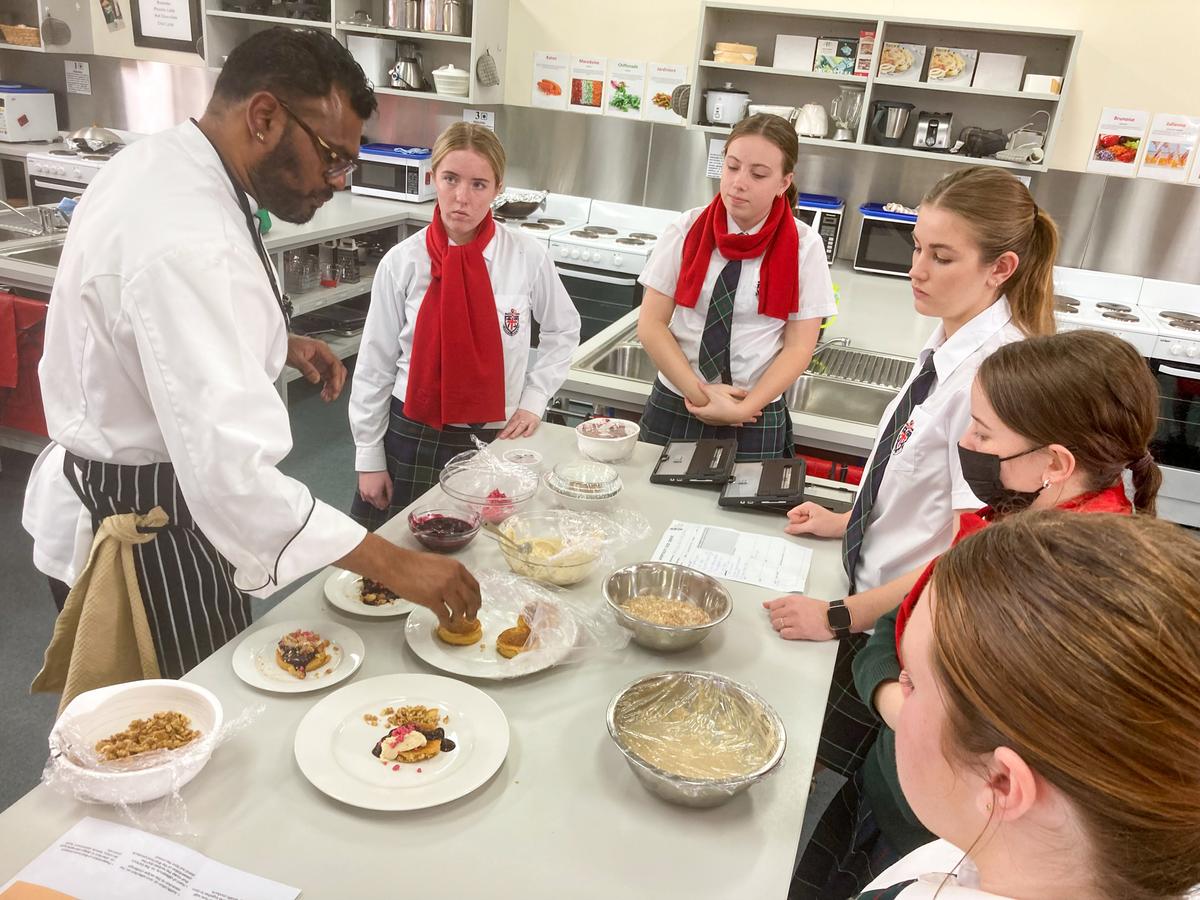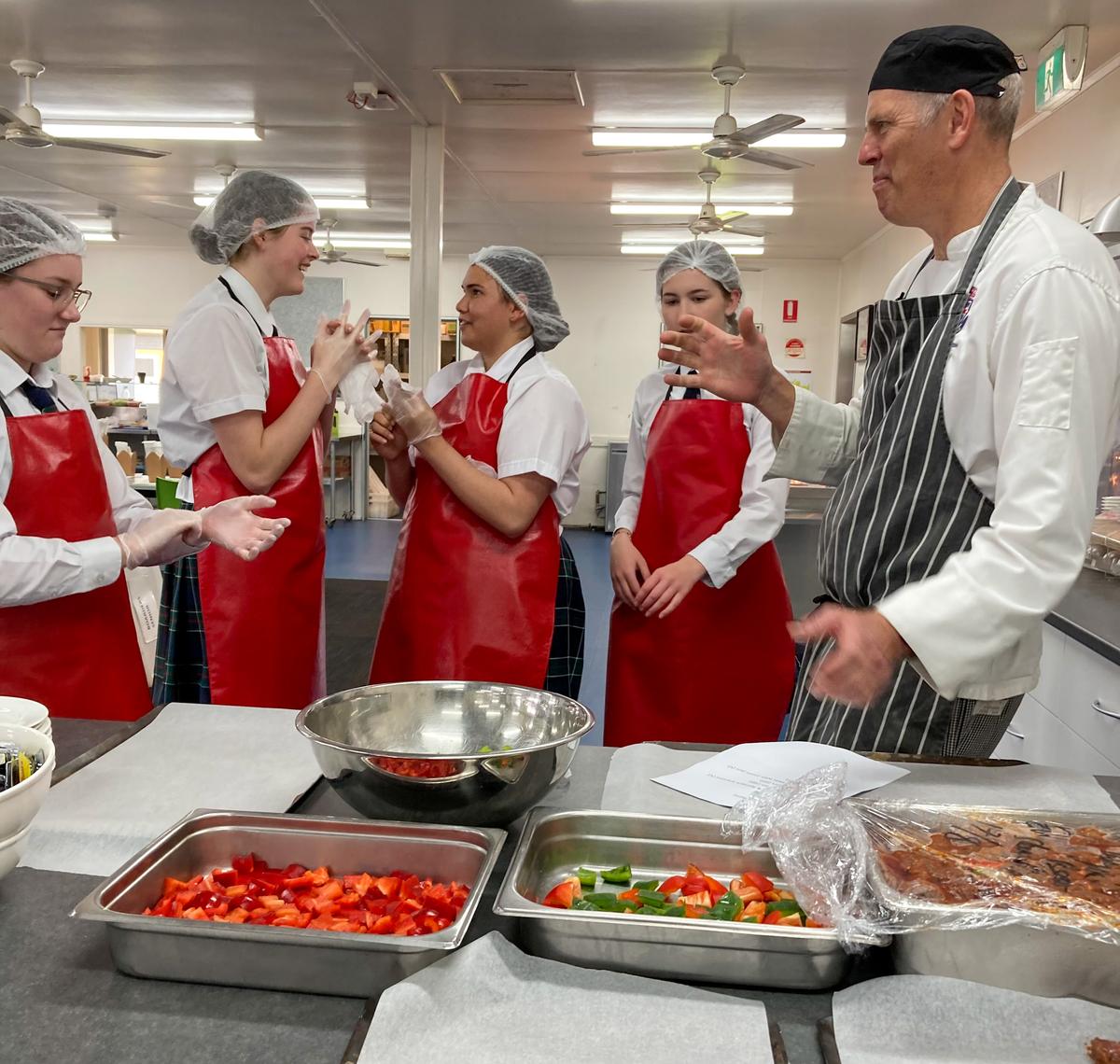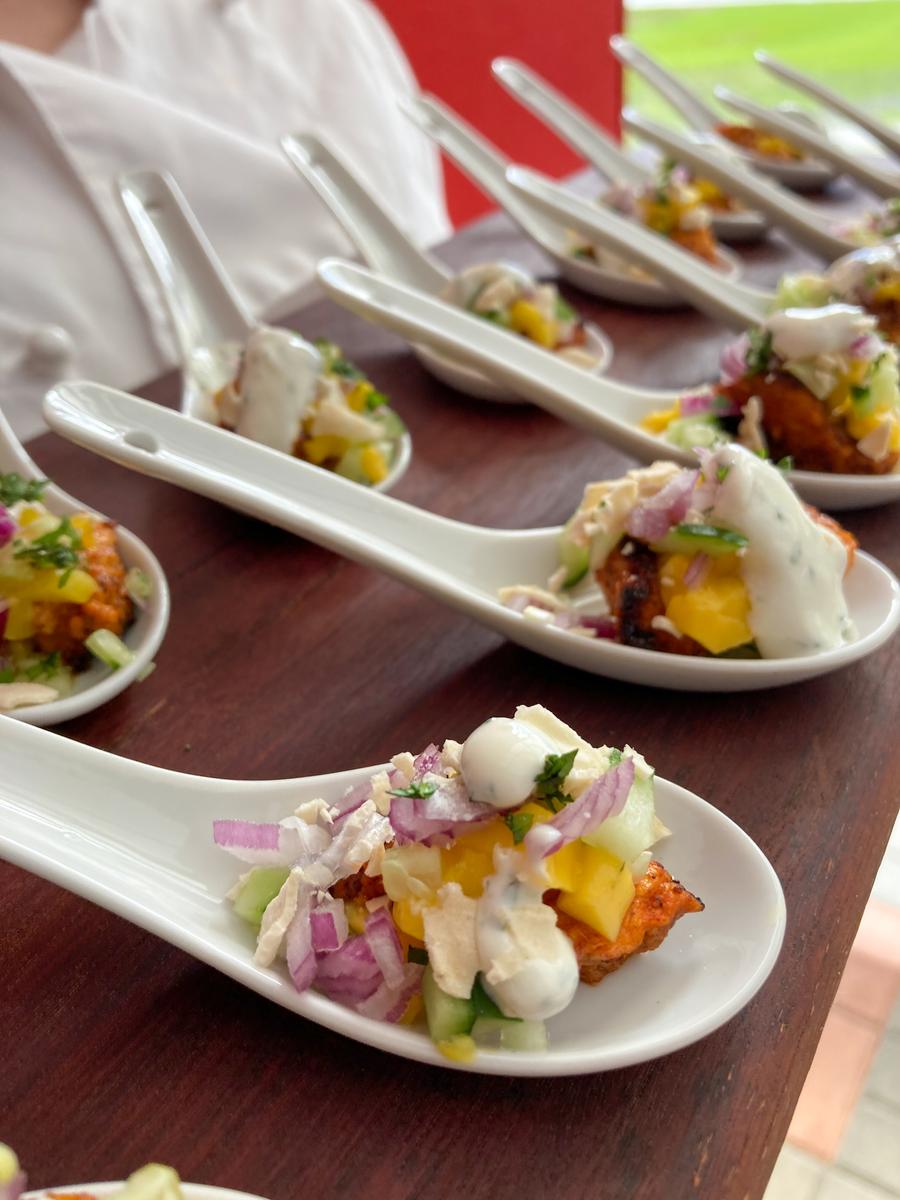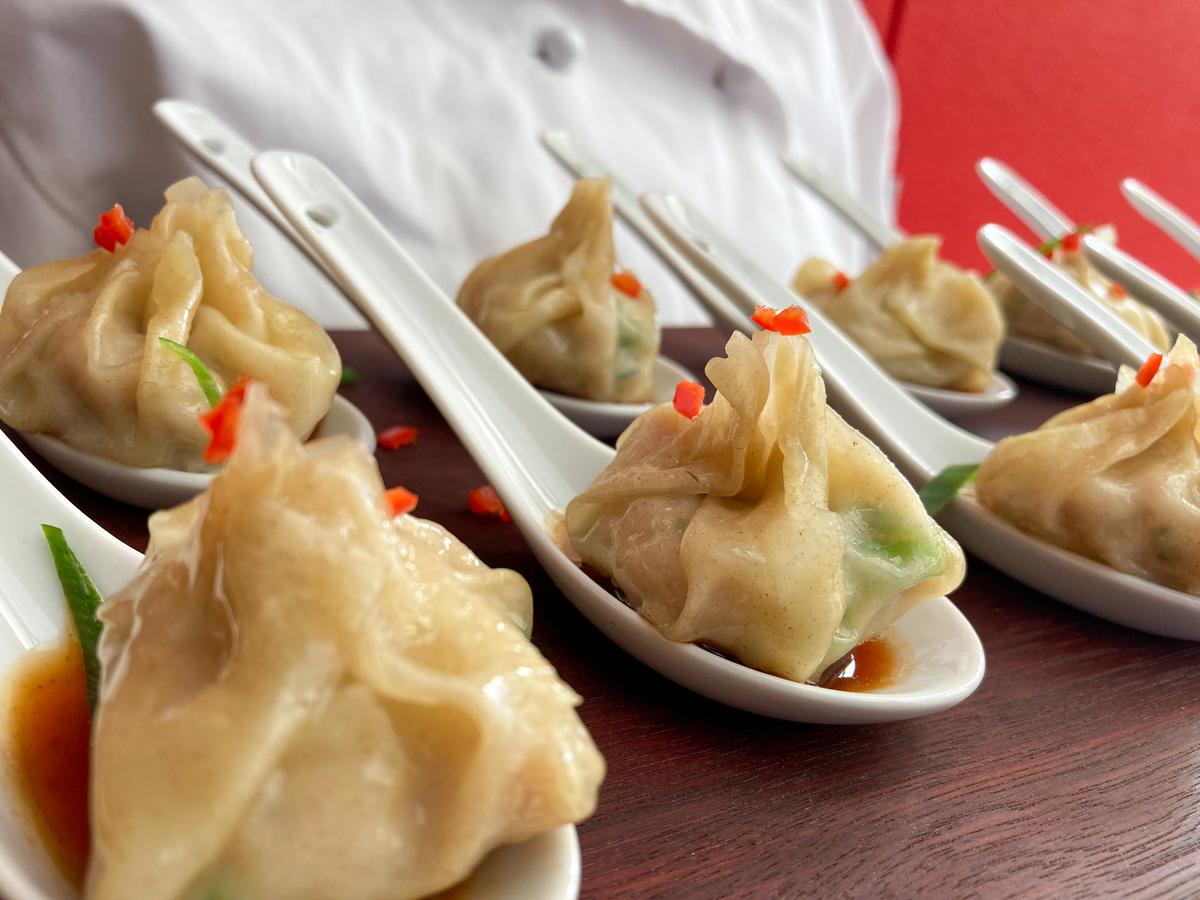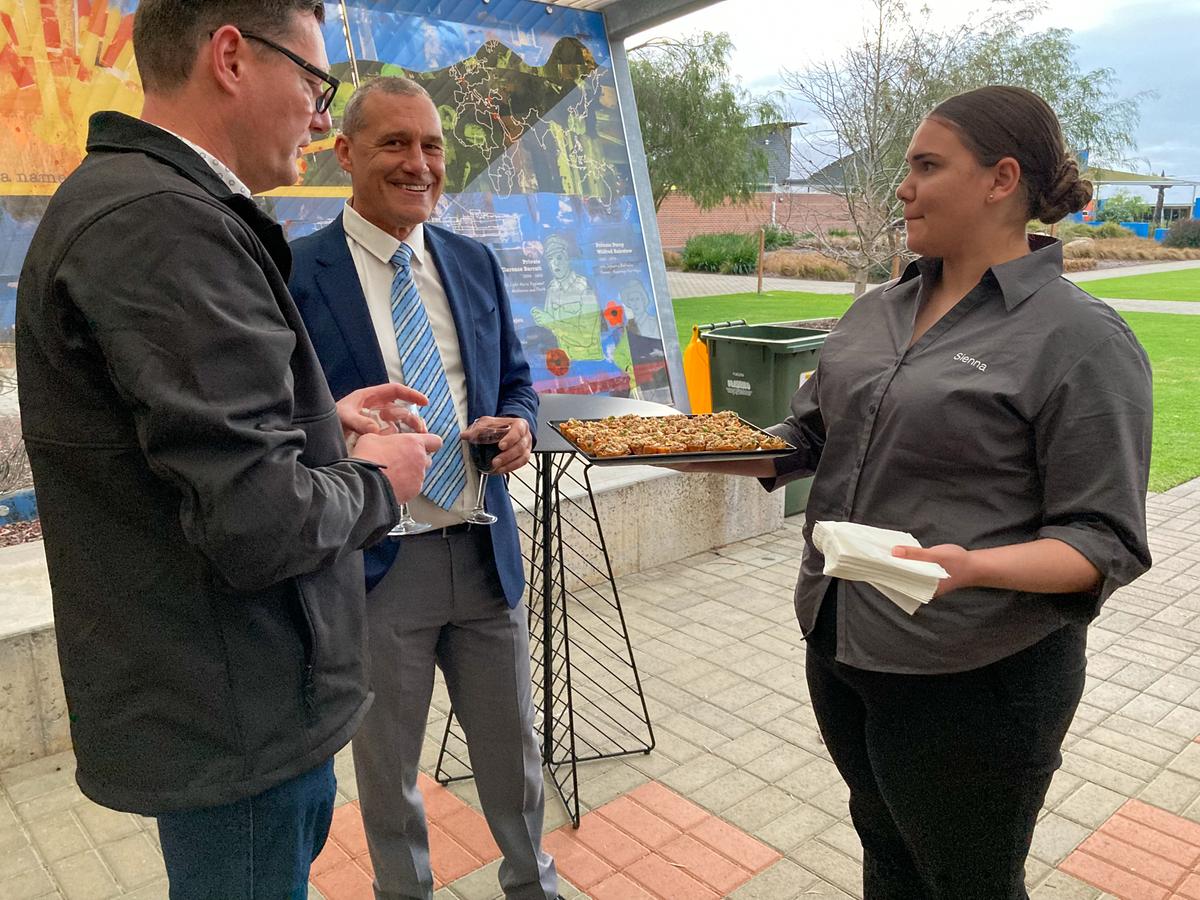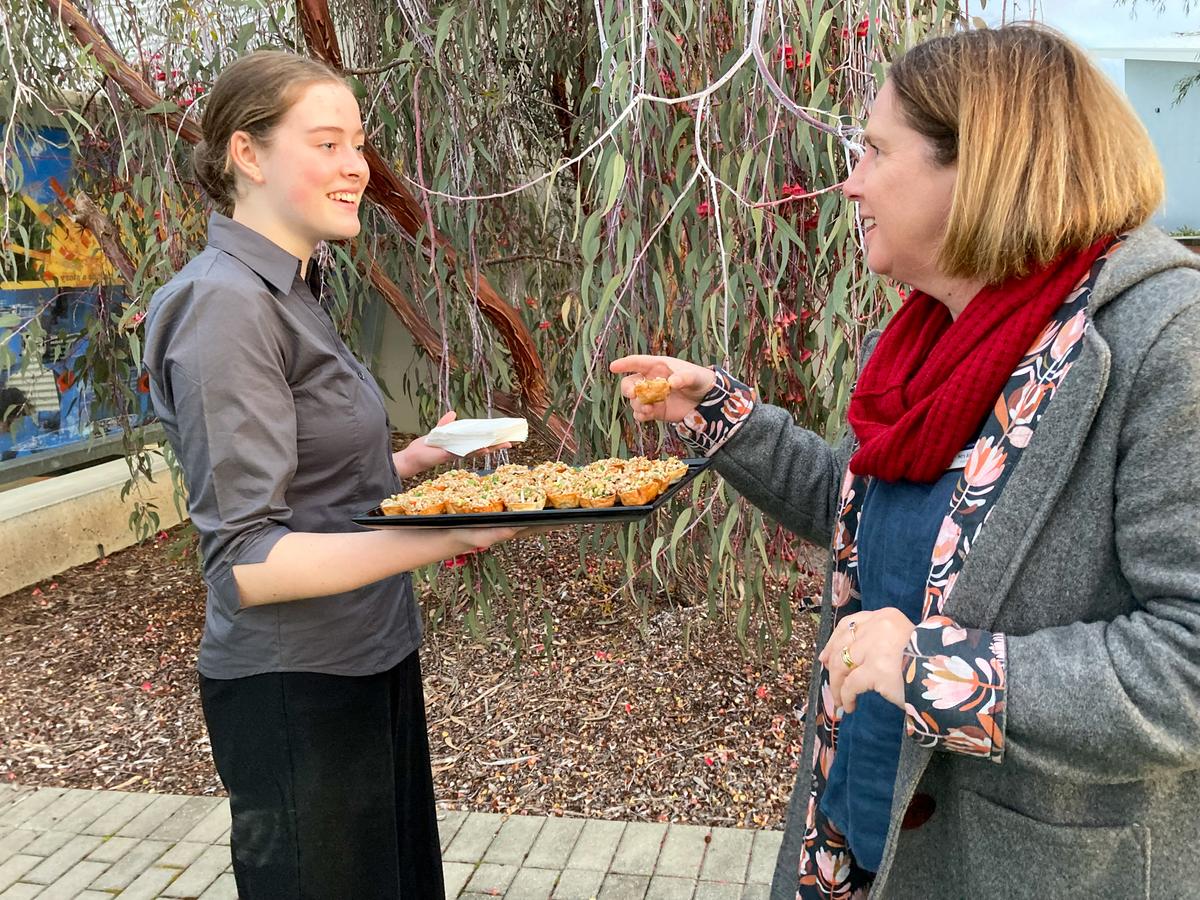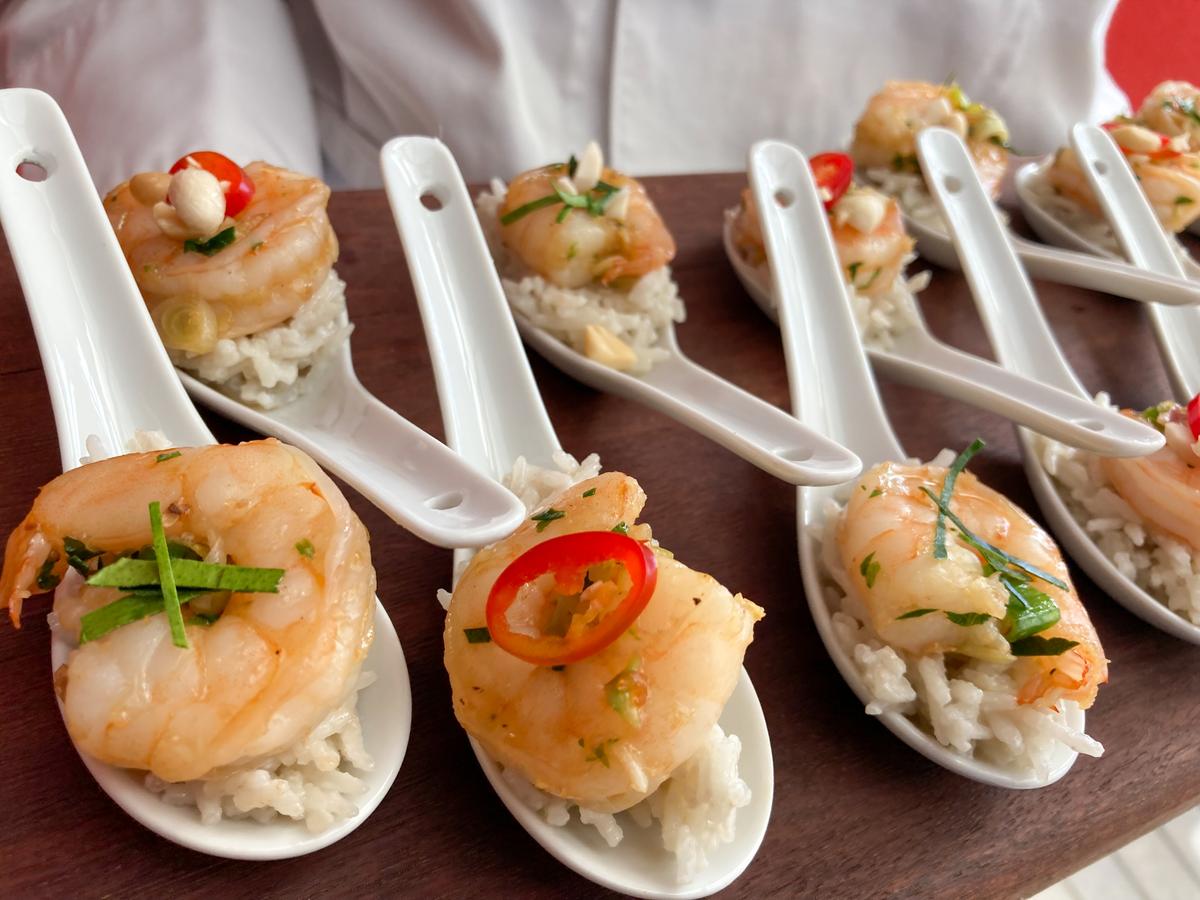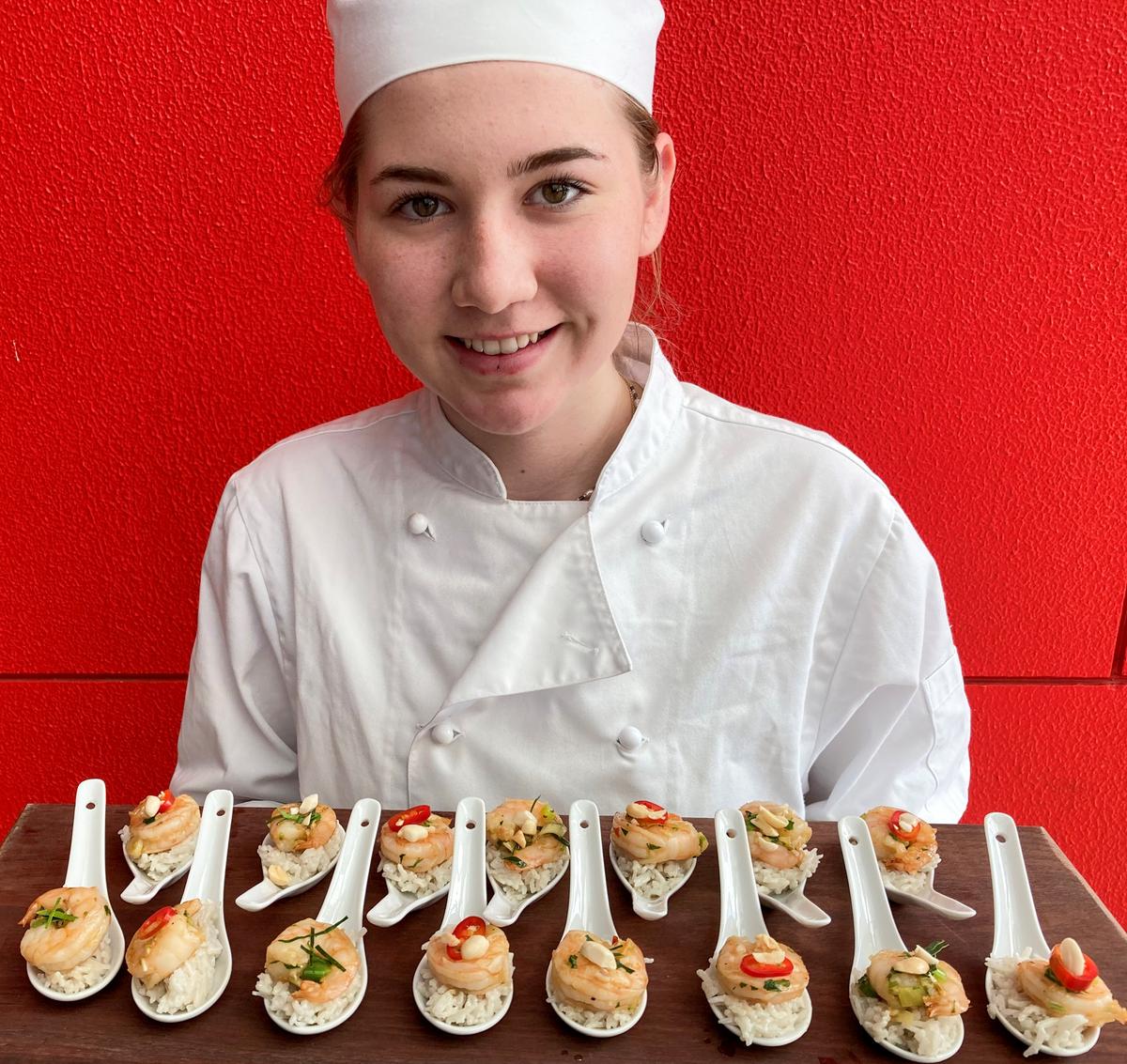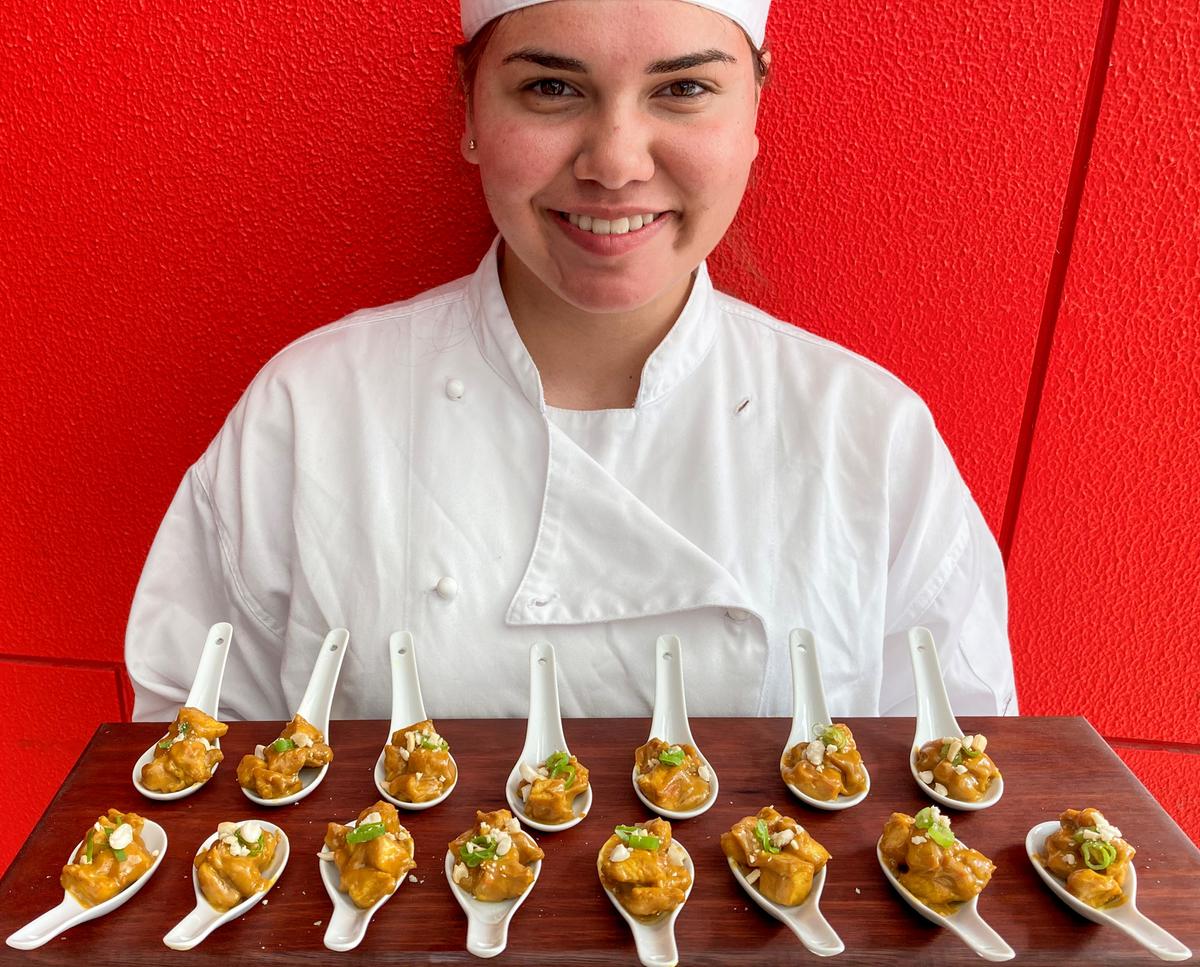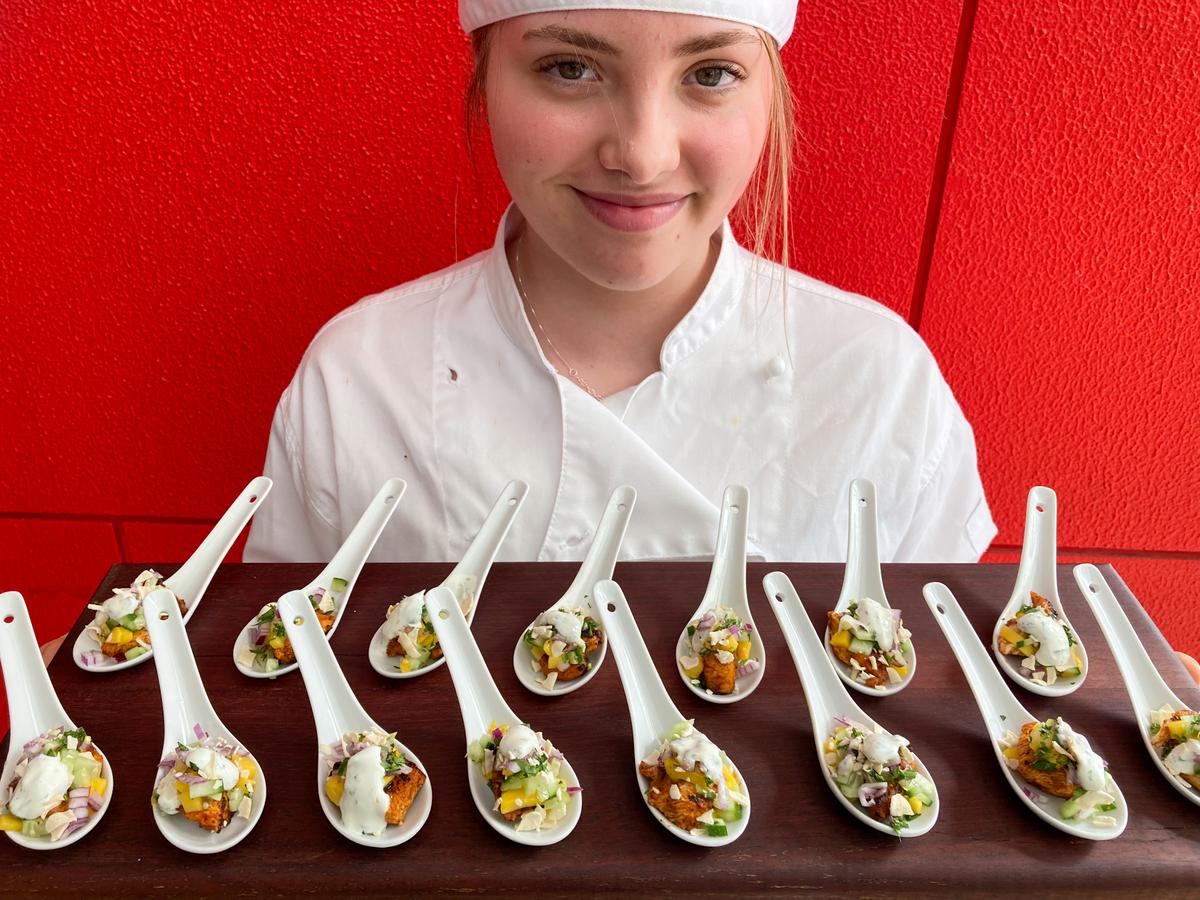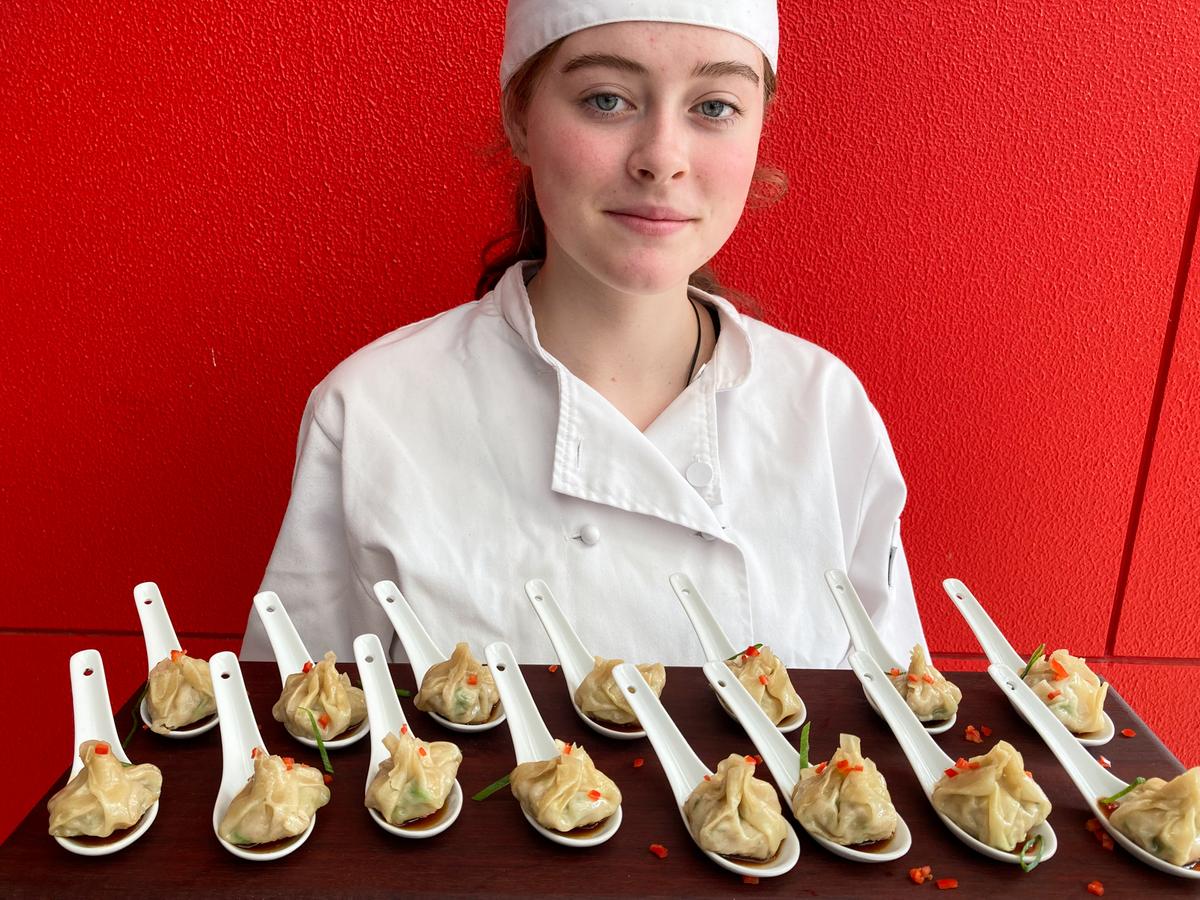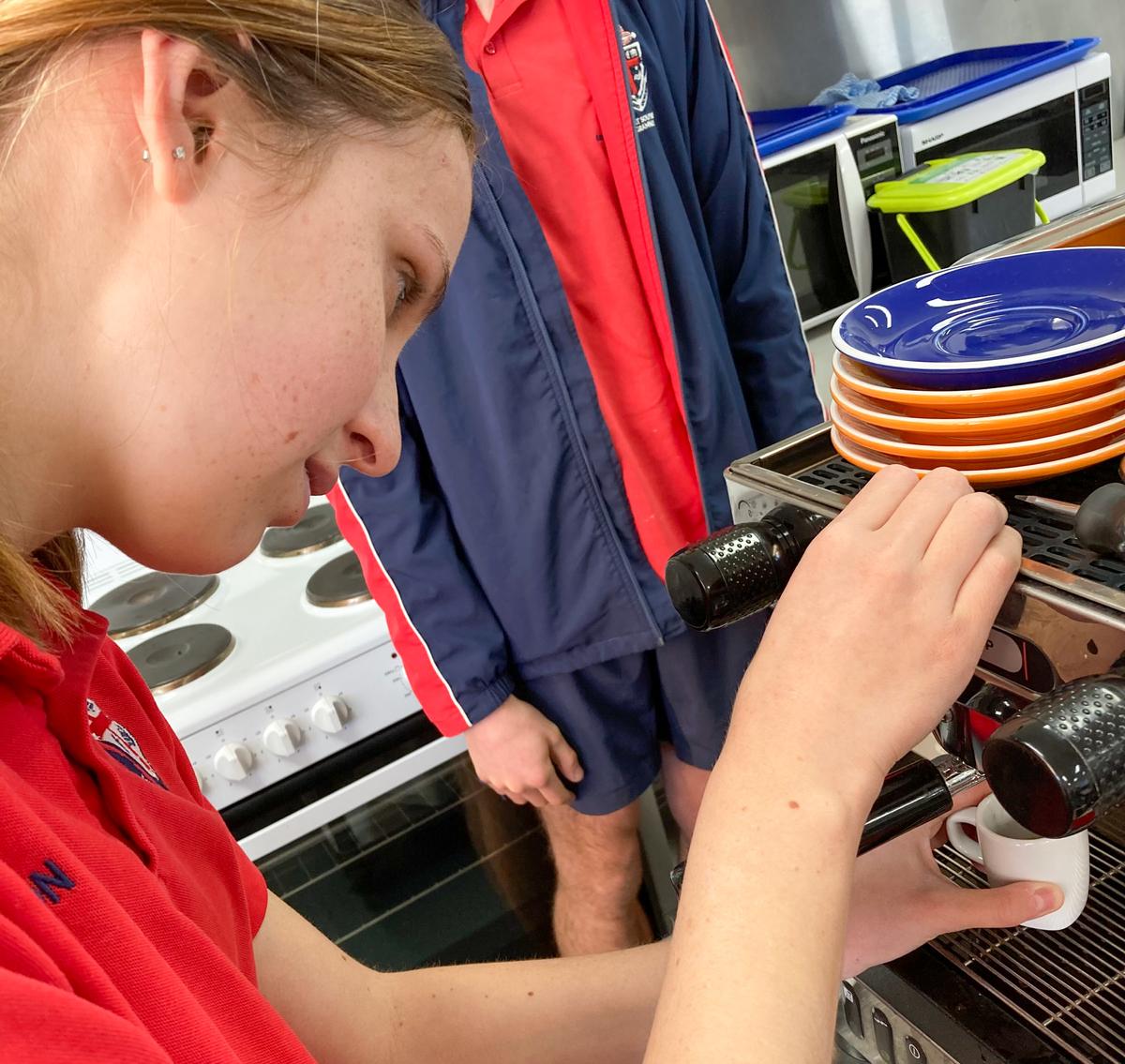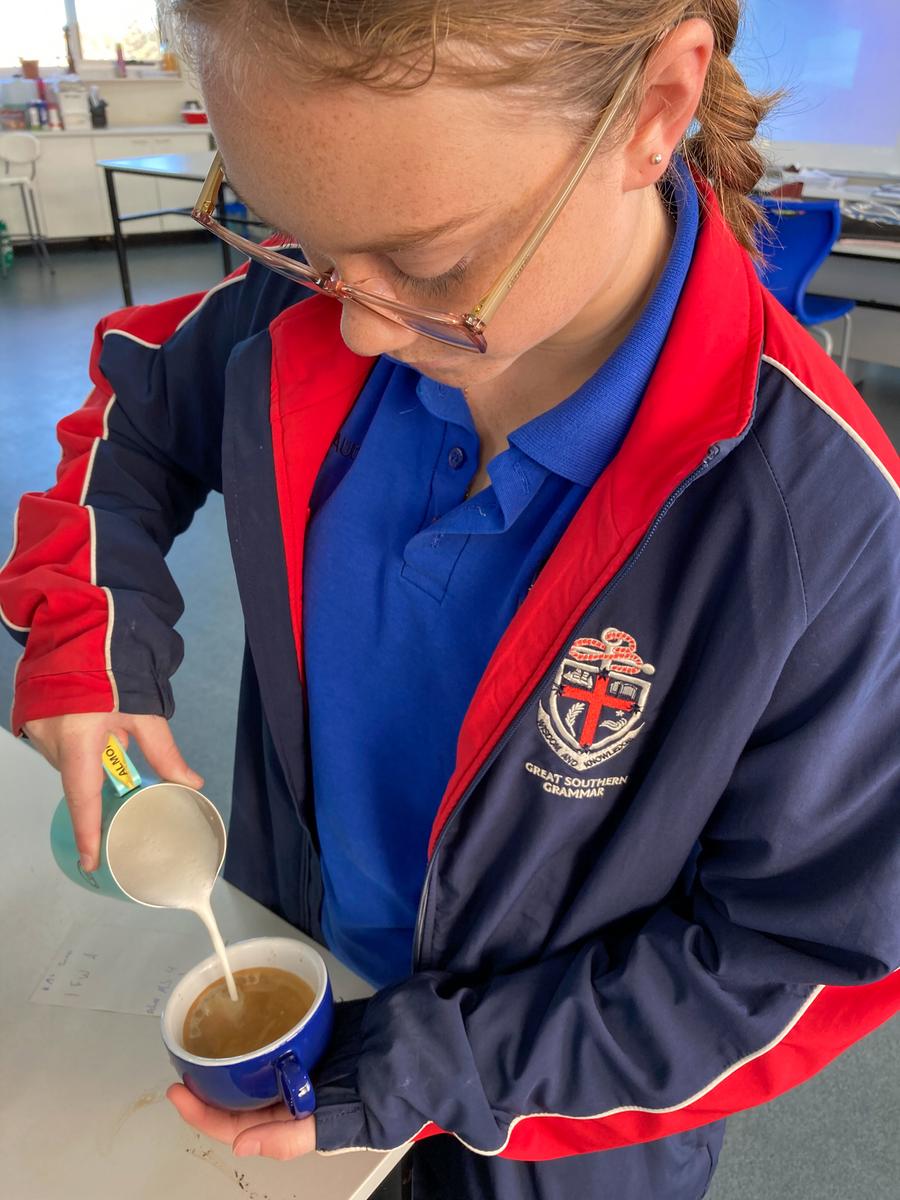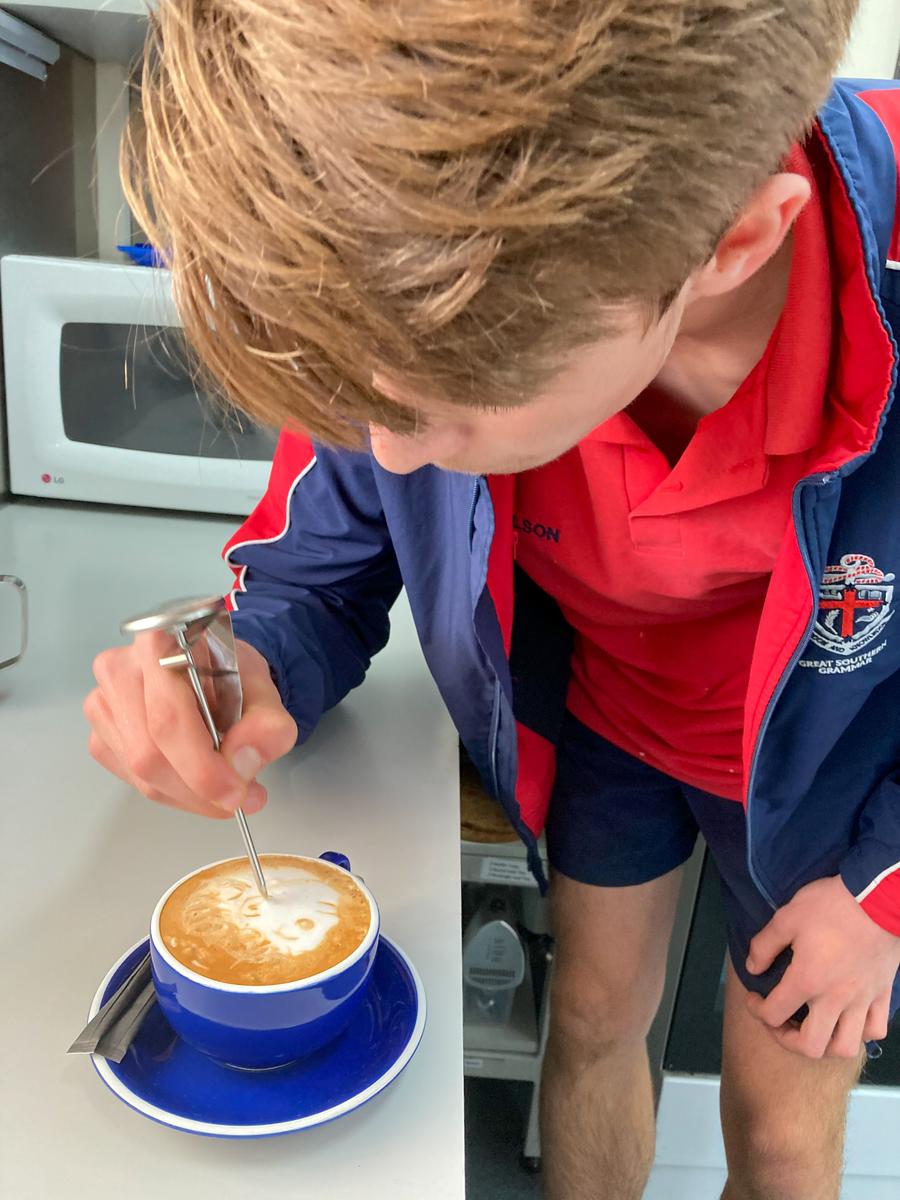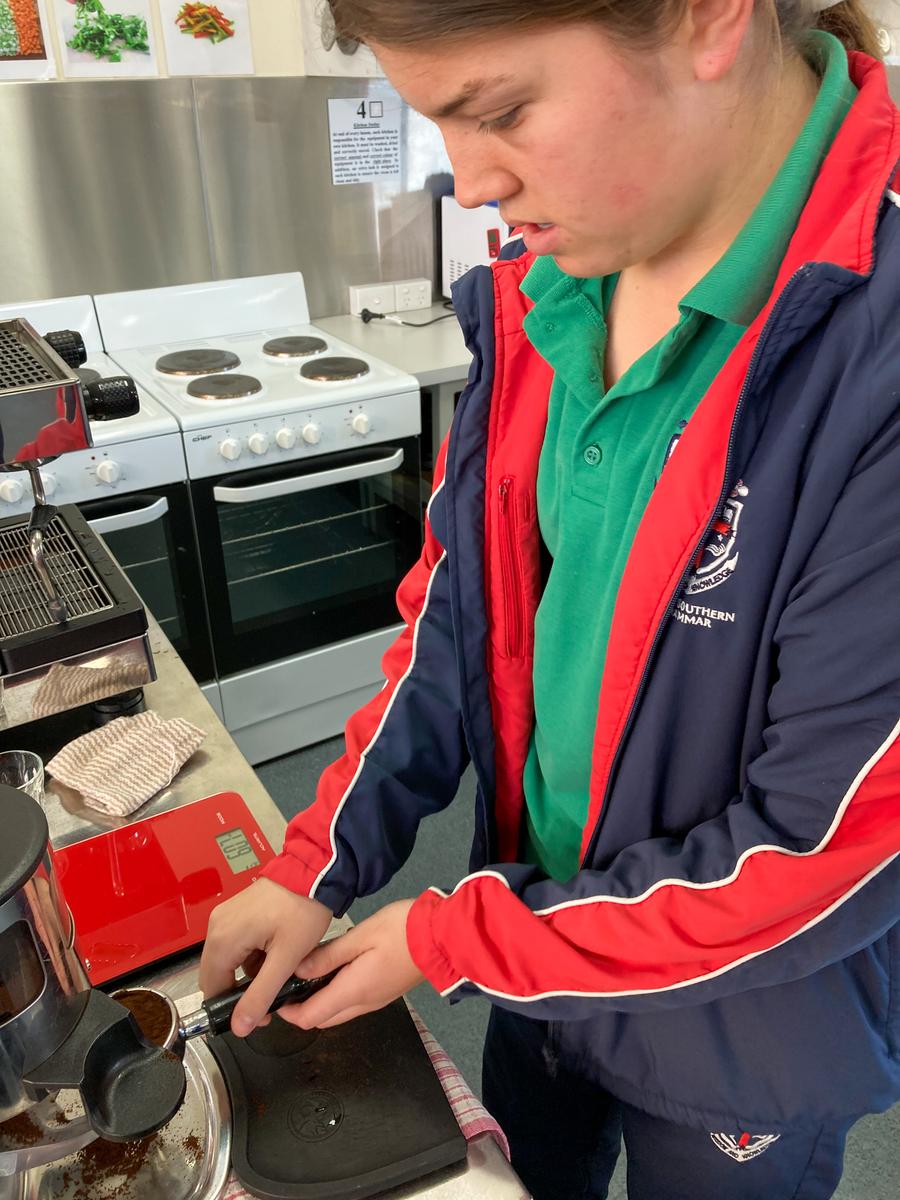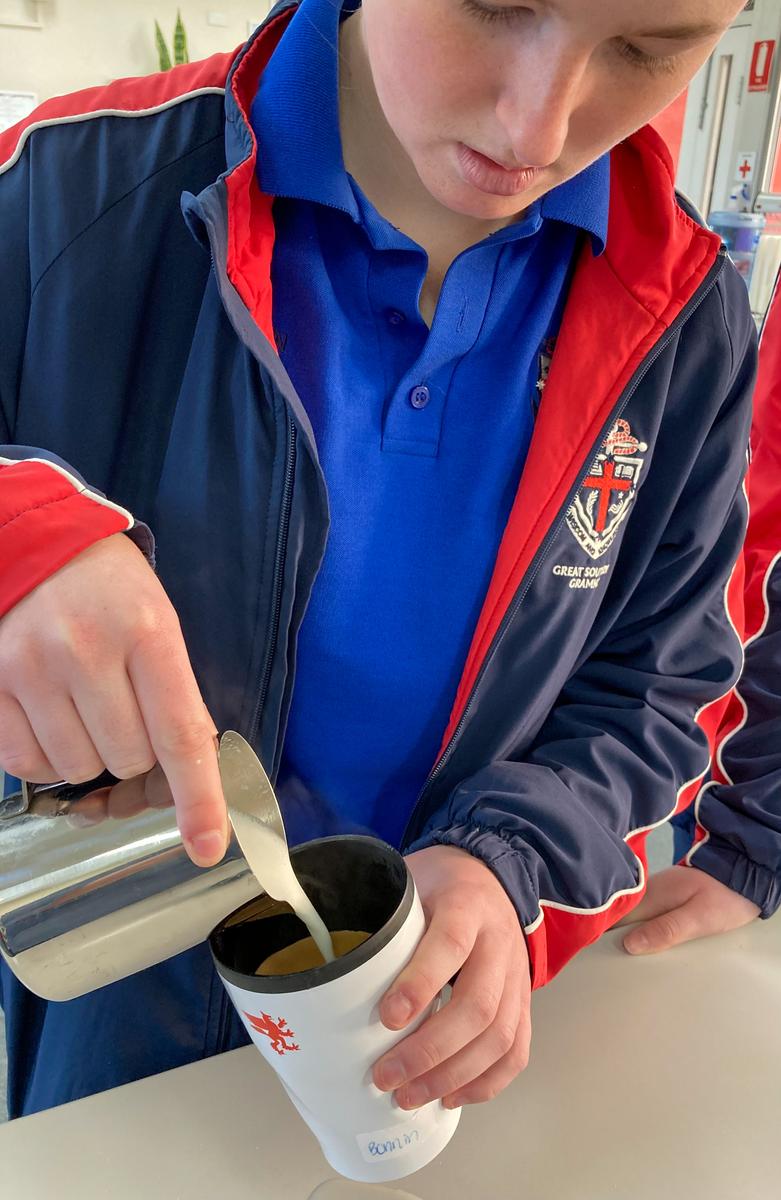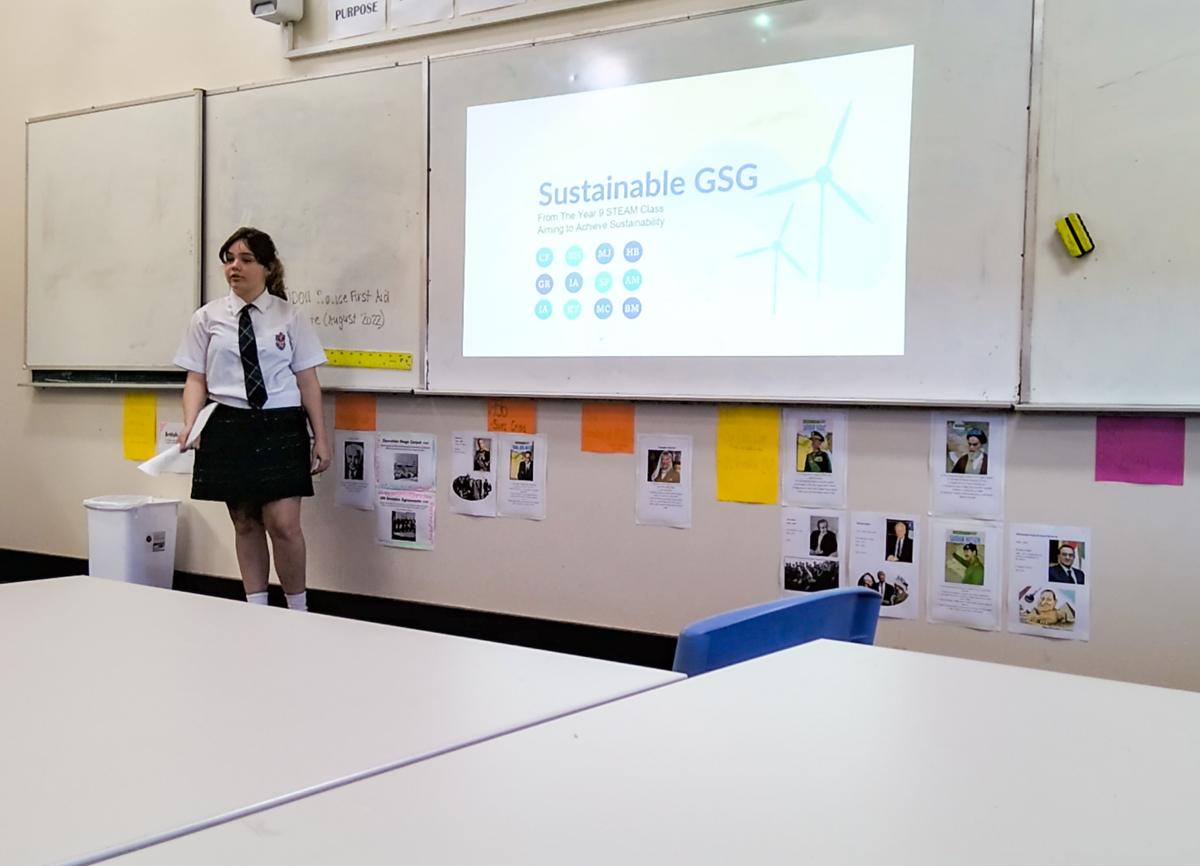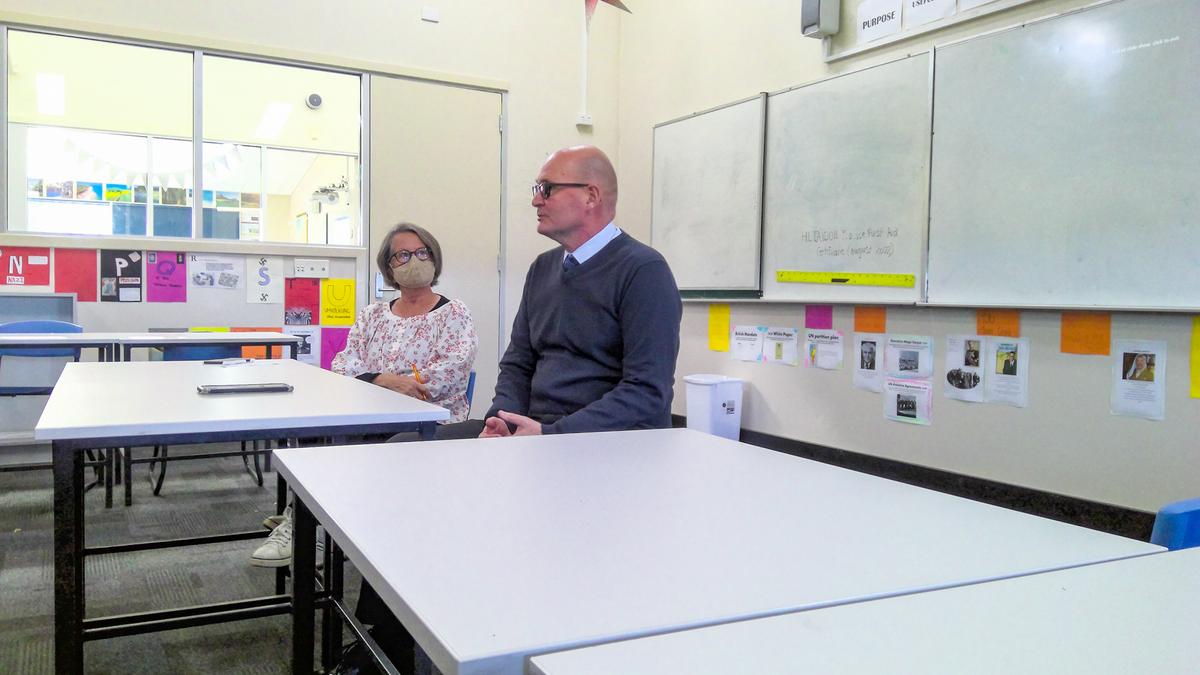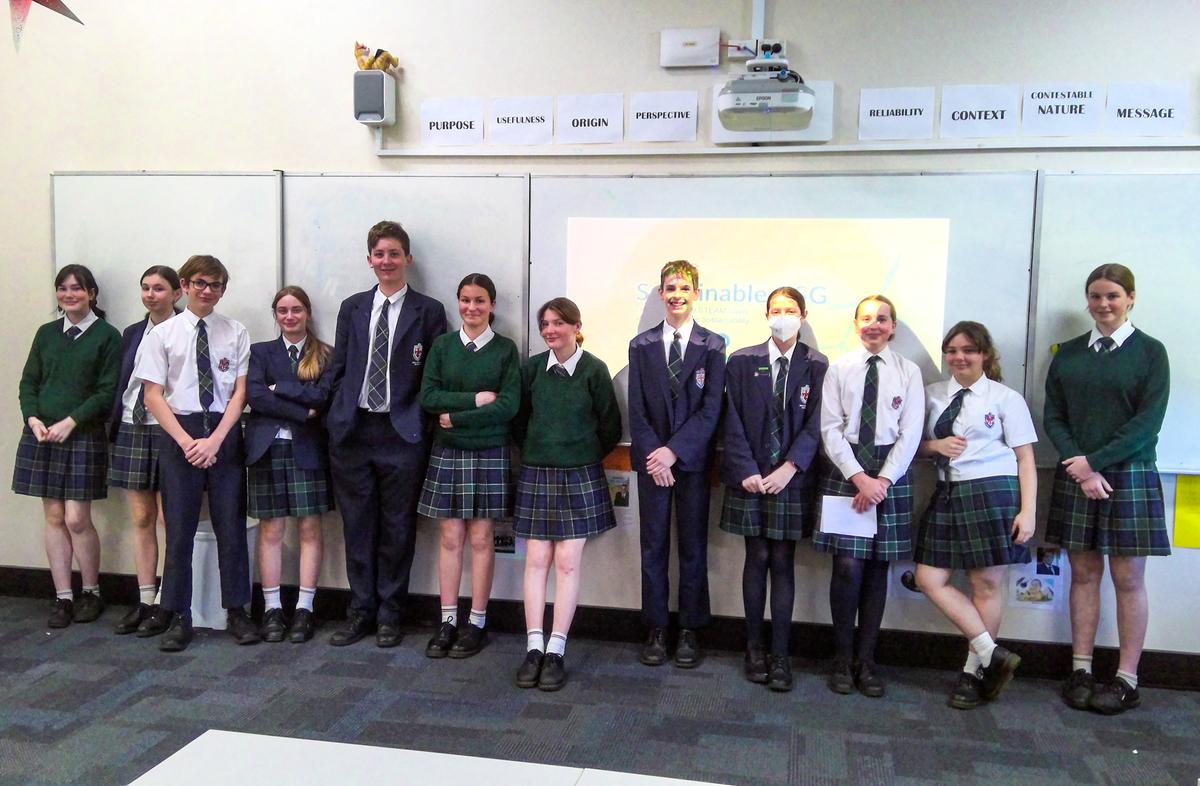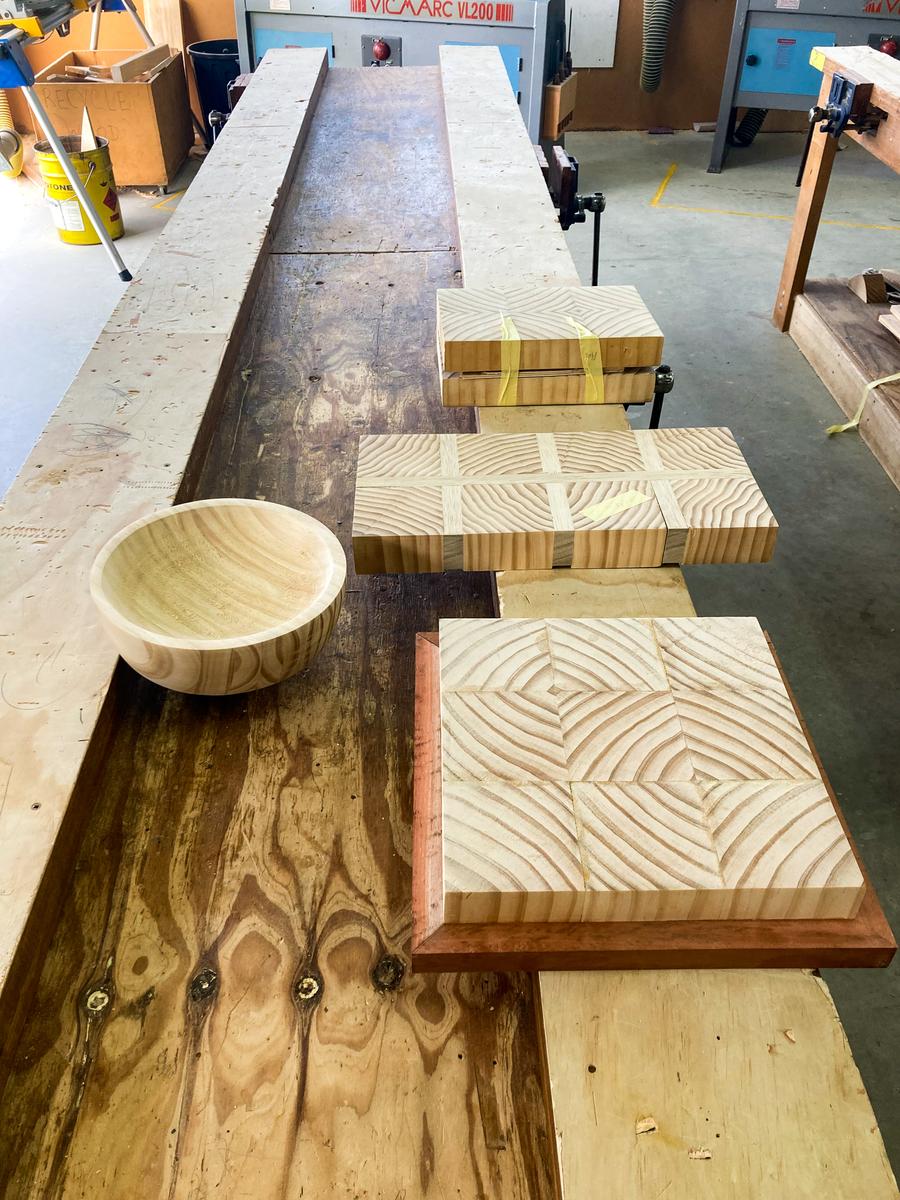Technologies News
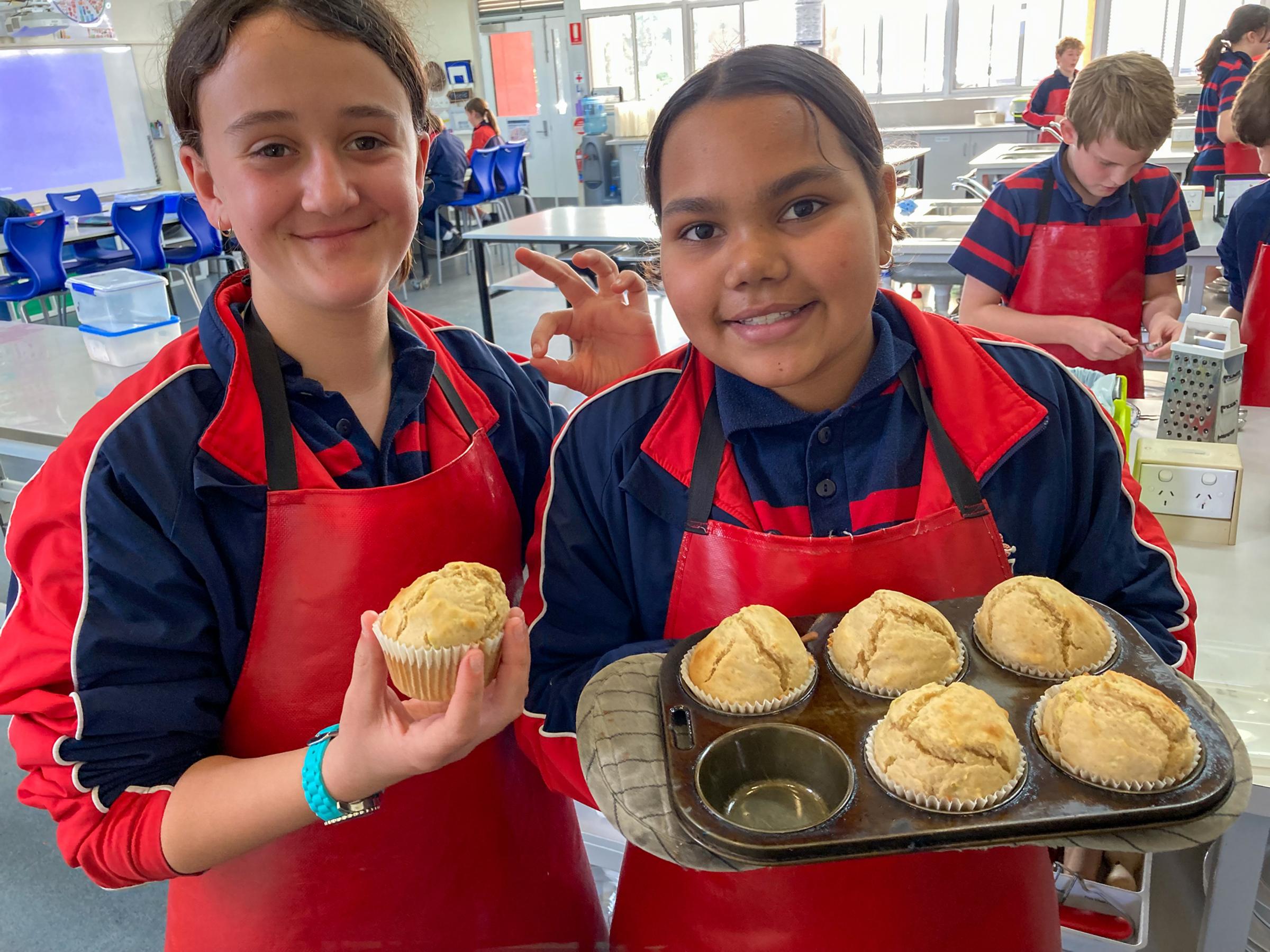
Technologies Showcase
I am looking forward to the Technologies Showcase to be held on Wednesday 7 September in the school Library between 6.00pm and 8.00pm. We will celebrate the design work and products of students studying Technologies subjects. Students have been doing everything from flying drones to incubating chicken eggs to designing food, coffee tables, internet sites, and gas masks, as well as solving problems along the way. We welcome our dynamic Keynote Speaker Zina Cordery, Lecturer and Coordinator of the Digital Technologies specialisation (Secondary) in the School of Education at Edith Cowan University, who will inspire us all. The Year Twelve VET Hospitality students will be serving a selection of tasty appetisers throughout the evening, and we also launch the GRAMMAR Grown 2022 wine vintage that will be available for purchase.
If you are interested in attending the Showcase, please RSVP to Reception via reception@gsg.wa.edu.au for catering purposes.
Mrs Teresa McAllister | Head of Technologies
Agriculture
Year Nine Agriculture Projects
The educational principle behind the Project Based Learning enterprises in the Year Nine Agriculture Programme is for each small group of students to take on an existing problem with a project and, having discovered what this problem is, then work out ways to resolve it. Whether their enterprise is one that’s product is animal or plant derived the core concepts must be based around welfare or sustainability, or both. These are the concepts they must respect whilst developing their enterprise :
Source: researchgate.net
Source: mondulkiriproject.org
The projects that are being developed currently and some of the problems the students have to overcome are:
- Bees and Honey. There may not be enough food for the bees to thrive throughout the winter and is the queen providing the right genetics to the hive?
- Market Garden and Vegetables. Are the rotations the best for the plant and minimise the necessity for disease control? Their growing beds need to have produced a product before the end of the year without excessive use of fertiliser and water.
- Greenhouse and Tomatoes. Whilst growing tomato plants at a near commercial level in the greenhouse the students must determine the watering rates to ensure yield but at a level that is sustainable and maintains flavour in the fruit.
- Aquaponics and Marron. To allow the marron freedom to express natural behaviour in two 1000 litre tanks, what is the best stocking rate? And do they have the correct nitrate levels in the water for plant growth but low enough for the marron to thrive?
- Cattle and Beef. Determining a ration for steers to grow efficiently and meet specified growth rates can be difficult. The students must establish feed values of the different feedstuff available to the animals and match them with the animals’ feed requirements.
- Poultry and Eggs. Giving the chickens all the requirements of the 5 freedoms is a problem the students on this project must overcome. With the constant threat of predators aligned with the desire to give the chickens freedom to roam comes with a specific set of challenges.
Once the students have resolved these challenges and more they start growing their produce, and then they will have to investigate the economics of their project and see whether it is a financially sustainable one.
Alongside this challenge they also have a row of vines to manage in the vineyard that are just beginning to start moving the sap into the canes. If they are too late with their pruning some of the precious sugars will have moved into the canes that they subsequently cut and will thus be wasted.
Understanding the pressures farmers are continuously under financially, environmentally, socially, and in terms of the sustainability, welfare and time management become an important part of this course. Sometimes I wish some members of the general public understood this when they walk into a supermarket in Australia and pick off from the plethora of choices from each shelf.
Year Ten Agriculture Skills
The boys in the Year Ten Agriculture course have been working hard to continue advancing their Remote Piloting ability and whenever necessary have been working with the Angus cows. One of the tasks with the cattle have been pregnancy diagnosis. We have been lucky enough to have Dr Jessica Schilling come down and show students how easy it is with an ultrasound, not only to determine whether a cow is in calf but also the age of the foetus. They have also been giving them mineral injections to top up, in particular, their Selenium levels. The soil in this area is notoriously short of selenium and the consequences of this deficiency can be quite stark. Without adequate selenium the muscles of the heart and limbs can deteriorate as the enzymes necessary to protect those muscle cells are not present, causing a catalogue of production problems.
Mr Julian Gugenheim | Teacher and Farm Manager
Digital Technologies
It is 'game on' for the Year Sevens in Digital Technologies! We begin looking at a whole new world, and that world lives in Minecraft Education Edition. This program of work will introduce students to core computer science and programming concepts, and computational thinking skills. It builds on the popularity of Minecraft and introduces Microsoft MakeCode, a block-programming editor in Code Connection app. In our introductory weeks we unpacked what the term computer science means and the core skills that learning how to code can bring. Employing a coding mindset was established, and that although coding can be tricky because of different ways of thinking, it really is like writing a recipe. When coding, a coding mindset makes us curious as to why problems exist, instead of being frustrated that there stopping us from moving ahead. We share our developments and learn socially. Over the next six weeks, students will be guided through a series of computer science topics, culminating in a project-based assessment allowing them to put their new coding skills into practise to build a structure in Minecraft completely using code. This is a great opportunity for parents and carers to take an opportunity to observe their children in this extremely engaging platform. If you are wondering what your child is doing on Minecraft if they are working on their skills at home, ask them “what are you coding?”.
In Year Eight, students have just finished their first assessment and should be able to critique all your networking at home! Students have been exploring what networks are, and how a home network is designed based on the intended uses within the home are. We explored topics such as bandwidth, speed, latency, and network types. Students had the opportunity to design a network for a particular home, with different use cases like a home office for working from home, an internet heavy household that loves to game and stream, also a rural and remote connection required to connect families in areas where internet connectivity is challenging. Costs and installation were explored, and students made the link about their own networking experiences – some, may have some suggestions or queries as to “are you getting what you paid for, from your internet service provider?”. We begin our next topic from this week, game design.
Mr Kyal Rose | Teacher
Hospitality
Electives
Year Seven
Over the past few weeks students used cookery techniques including boiling and baking to produce apple muffins and macaroni cheese. They explained how the food preparation techniques used impacted on the sensory properties (flavour, appearance, texture, aroma) of both products.
Year Eight
The five food groups make up a balanced diet and students made quality, safe and nutritious food items highlighting each group while using a range of food preparation tools, equipment, and cookery techniques. Making smart, economical food choices by designing staple meals like fried rice and spaghetti bolognese in class, helps contribute to healthy eating habits of the students.
Year Nine
Students are required to prepare and present foods using a range of techniques to ensure optimum nutrient content, flavour, texture, and visual appeal. In groups they investigated the properties of yeast while considering the nutritional benefits of a range of pizza doughs, resulting in four Margherita pizzas the class analysed using sensory analysis. They also compared a fast-food pizza from a local pizza delivery business, and a mass produced, frozen pizza purchased from the supermarket. Individually, students are now following a design brief to produce and evaluate their own healthy pizza.
Year Ten
The Year Ten Elective class have spent the last three weeks working in teams developing their own original recipes as part of the Flavour Forecast® 2022 Recipe Challenge designed by McCormick Foods Australia and the Home Economics Institute of Australia Inc. To support the McCormick® Flavour Forecast® ‘Looking Back to Look Forward’ theme, students are considering these flavour trends: Spicy (r)evolution, Empowered Eating and Drinking, Global Finds, and Sweet & Seasonal Revolution. It has been a beneficial learning opportunity to design, trial, and analyse ideas. Some have worked, and some have not! This week the class welcomed Chef Silas Masih and Apprentice Chef and past student Max Sounness from Pepper and Salt Restaurant in Denmark who shared flavour ideas using spice and the importance of how food should look when plating up.
VET Hospitality – Years Eleven and Twelve
The Year Eleven group enjoyed a visit to Ace Accommodation for a back of house tour and discussion with a duty manager about the policies and procedures involved in running a Hospitality business in the accommodation sector. Students asked interesting questions about quality customer service and interaction, which added to the knowledge required for competency in several units they are working on. After designing workflow plans in class to produce a selection of delicious savoury appetisers served on a spoon, students assisted Chef Nick to prepare and present a range of appetisers they served to guests who attended the recent P&F Sundowner with guest speaker, Dr Craig Challen.
The Year Twelve group continue to refine their barista skills, including weekly staff orders delivered around the school. In Week Eight, students will showcase their espresso coffee knowledge and skills to an assessor visiting our school from Hospitality Group Training in Perth, to achieve competency.
Now working on their final unit of competency, students have been requested to gather information to assist in the organisation of an event including finding details of potential caterers, availability of hire equipment, menu choices, and service styles. This will culminate in an extensive report and presentation to their ‘colleagues’.
Mrs Teresa McAllister | Teacher and Head of Technologies
STEAM
As part of their first investigation project, the Year Nine STEAM class pitched an idea to members of the School’s Sustainability Committee, Mrs Karen Bradbury, and Mr Andrew Orr. The class initially brainstormed ideas for how the school could become more sustainable and energy wise, before settling on the idea of living walls. They then split into smaller groups, researching the best plants and flowers to use for maximum impact on mental health and insulation, watering systems for cost and water efficiency and overall design. This all culminated in a powerpoint and presentation to the panel.
From this, the group hope to continue to work with the school to implement their ideas.
Ms Angelina Ross | Learning Enrichment Coordinator (Gifted and Talented Education)
Wood Technologies
Senior School
Our Year Ten students continue to work on their projects which incorporate some lathe work, as well as utilising the end grain of the wood for both aesthetics and function.
It has been great to see the creativity of the students completing their chopping boards - no two are the same.
Mr Brodie Sarre | Teacher

